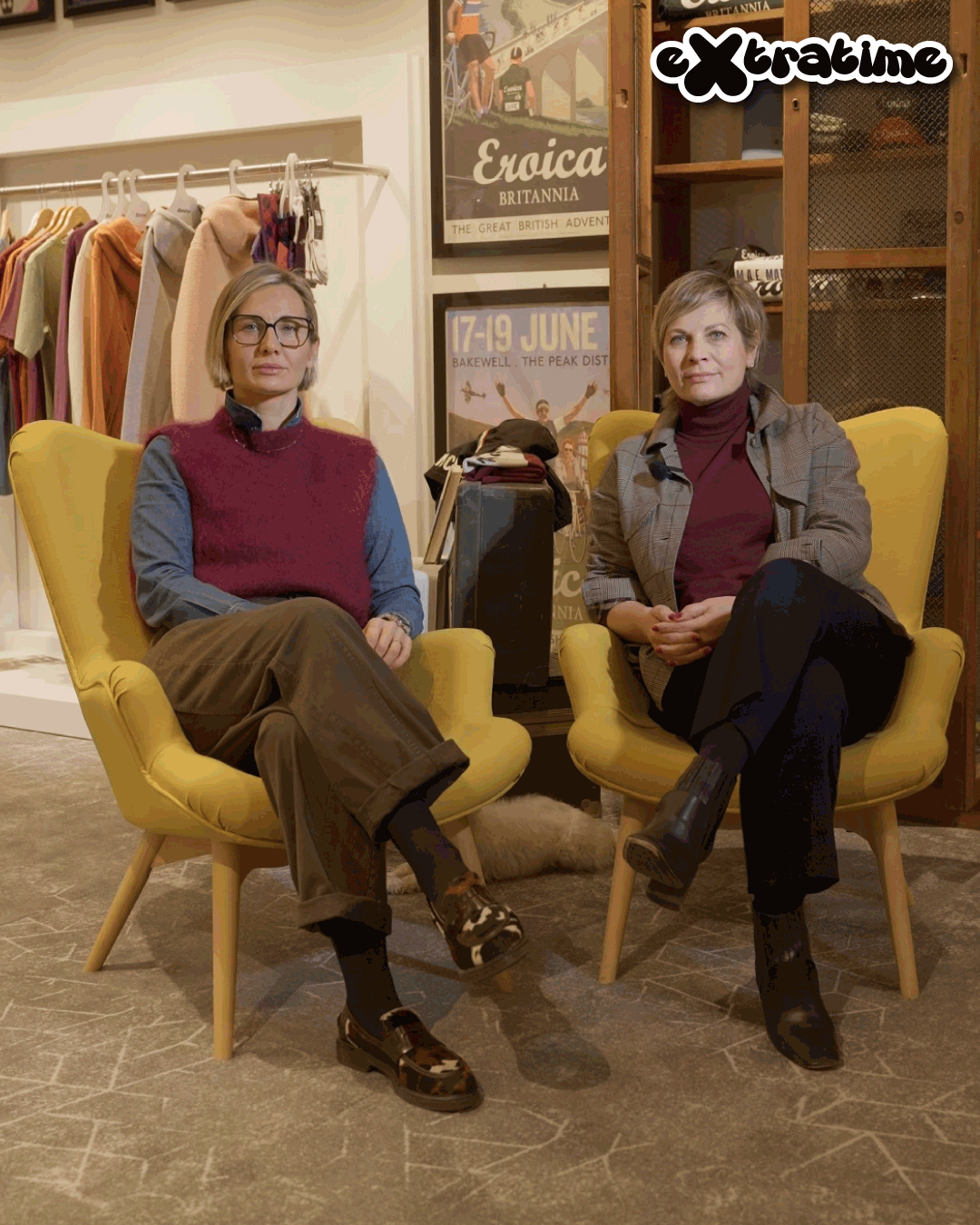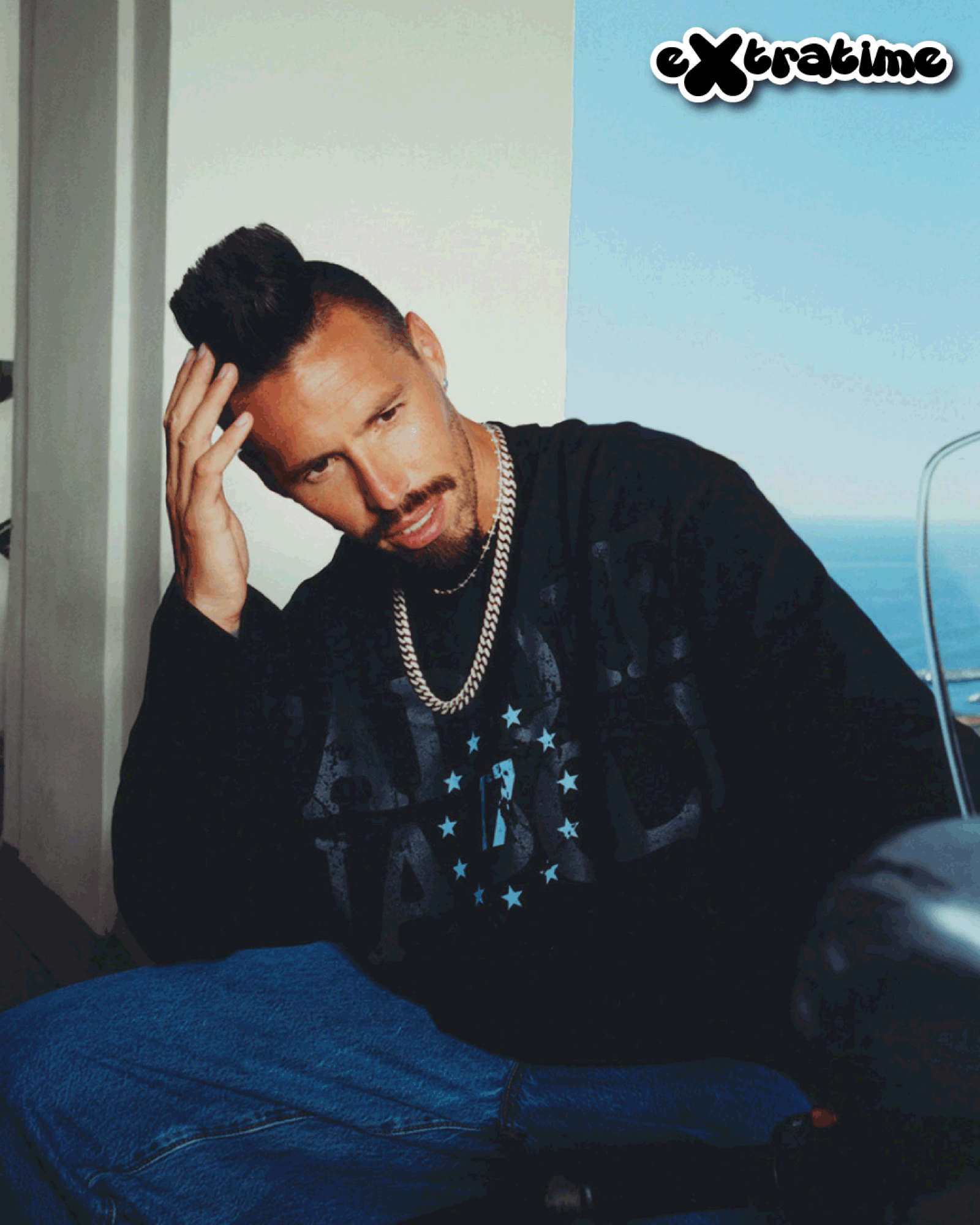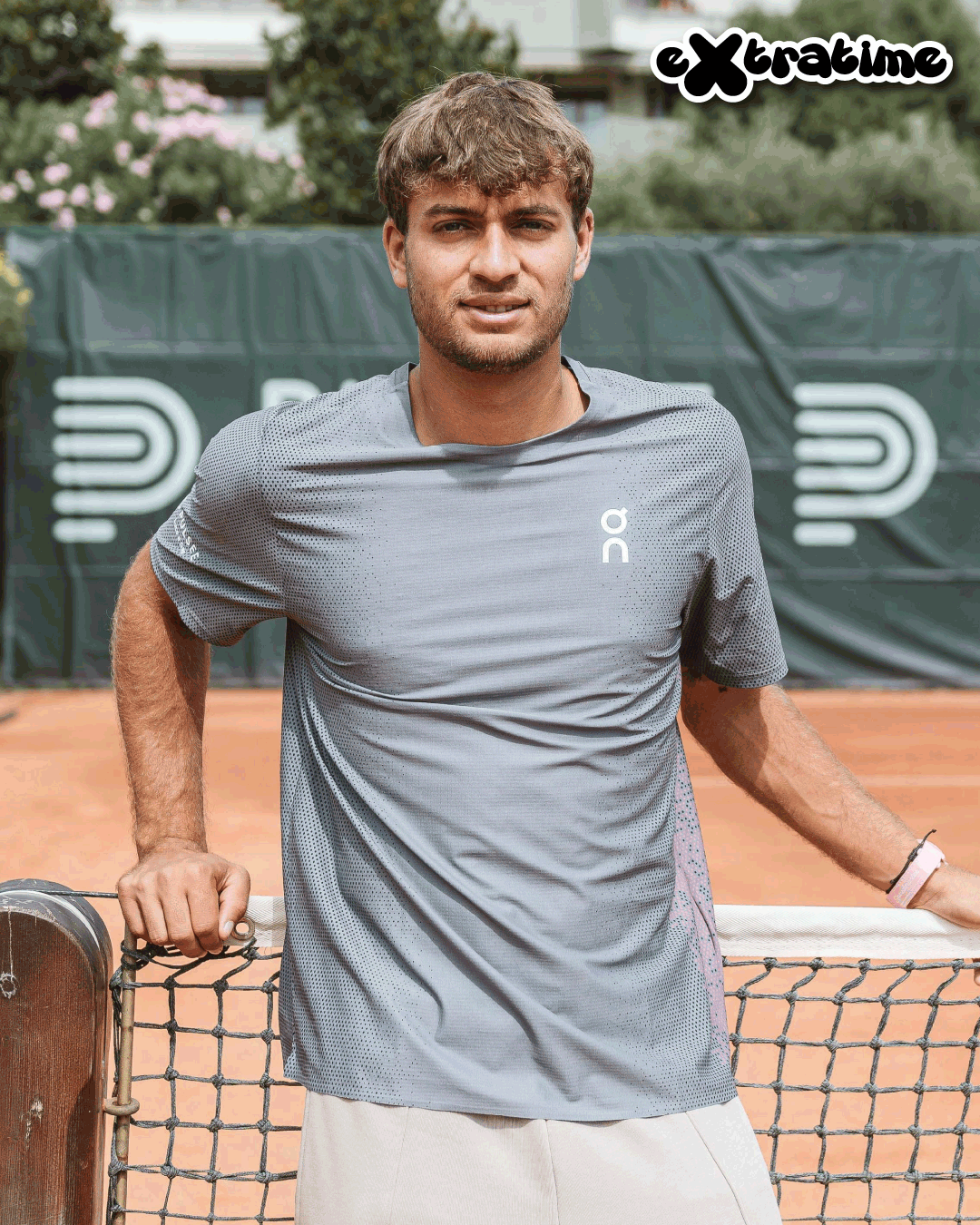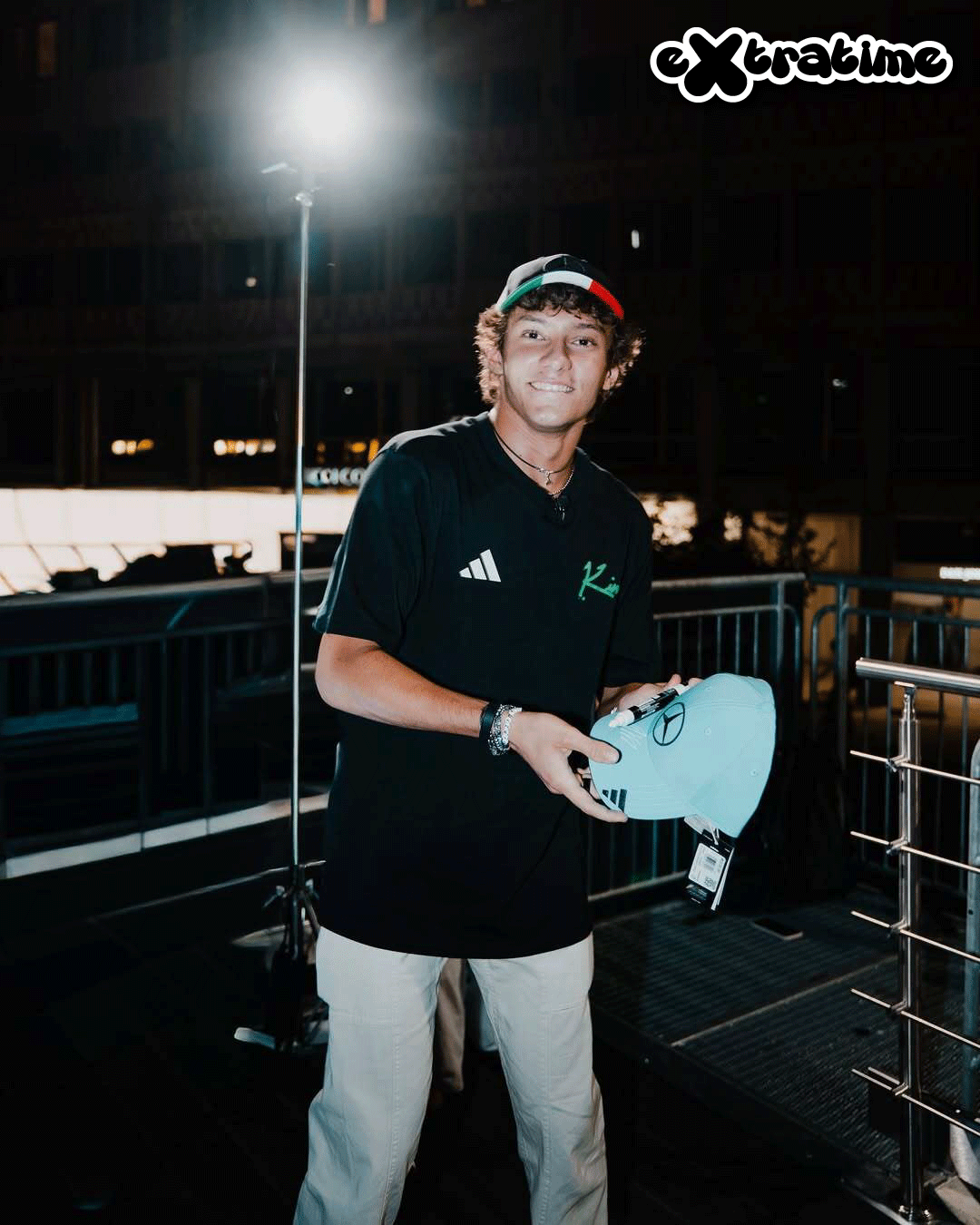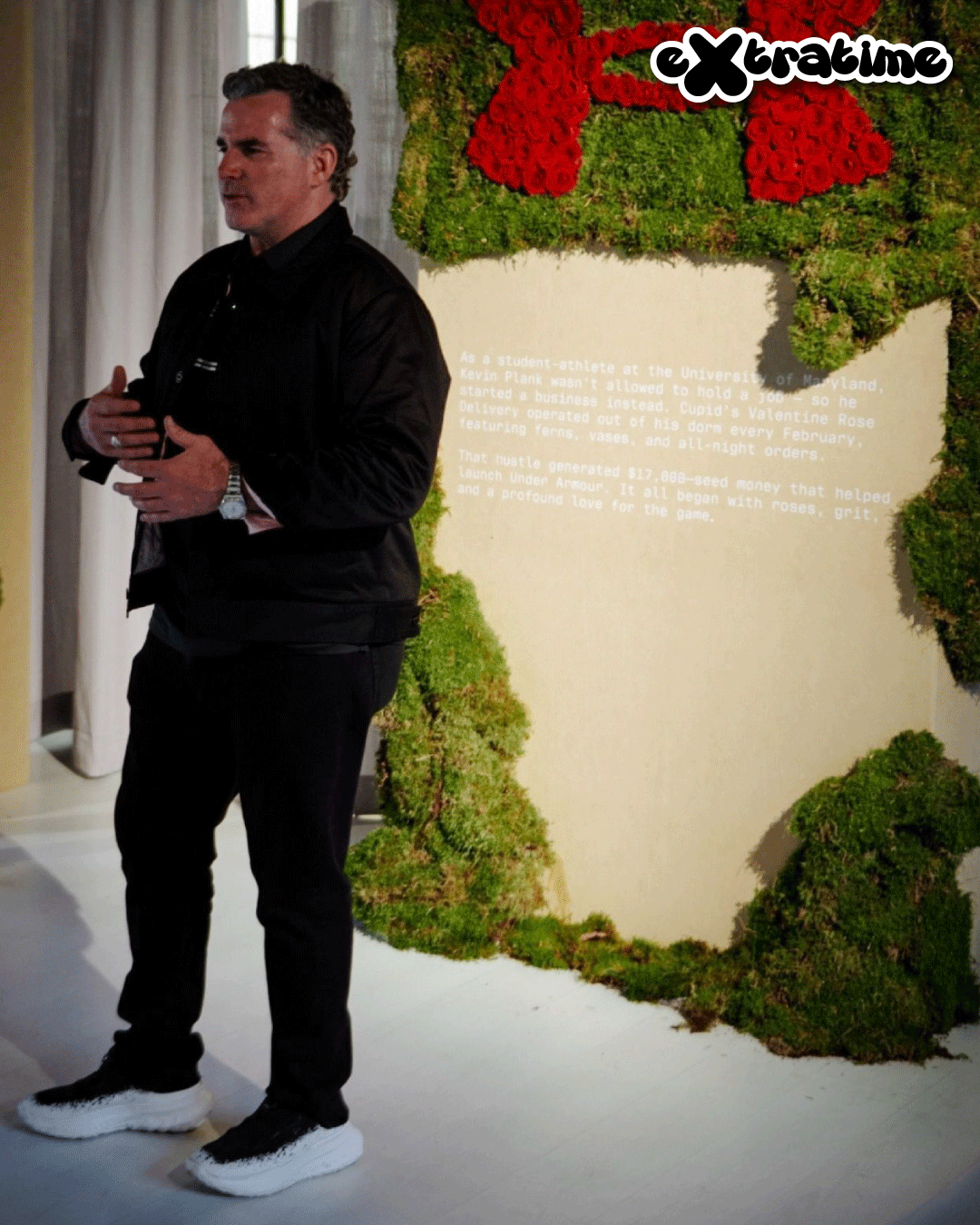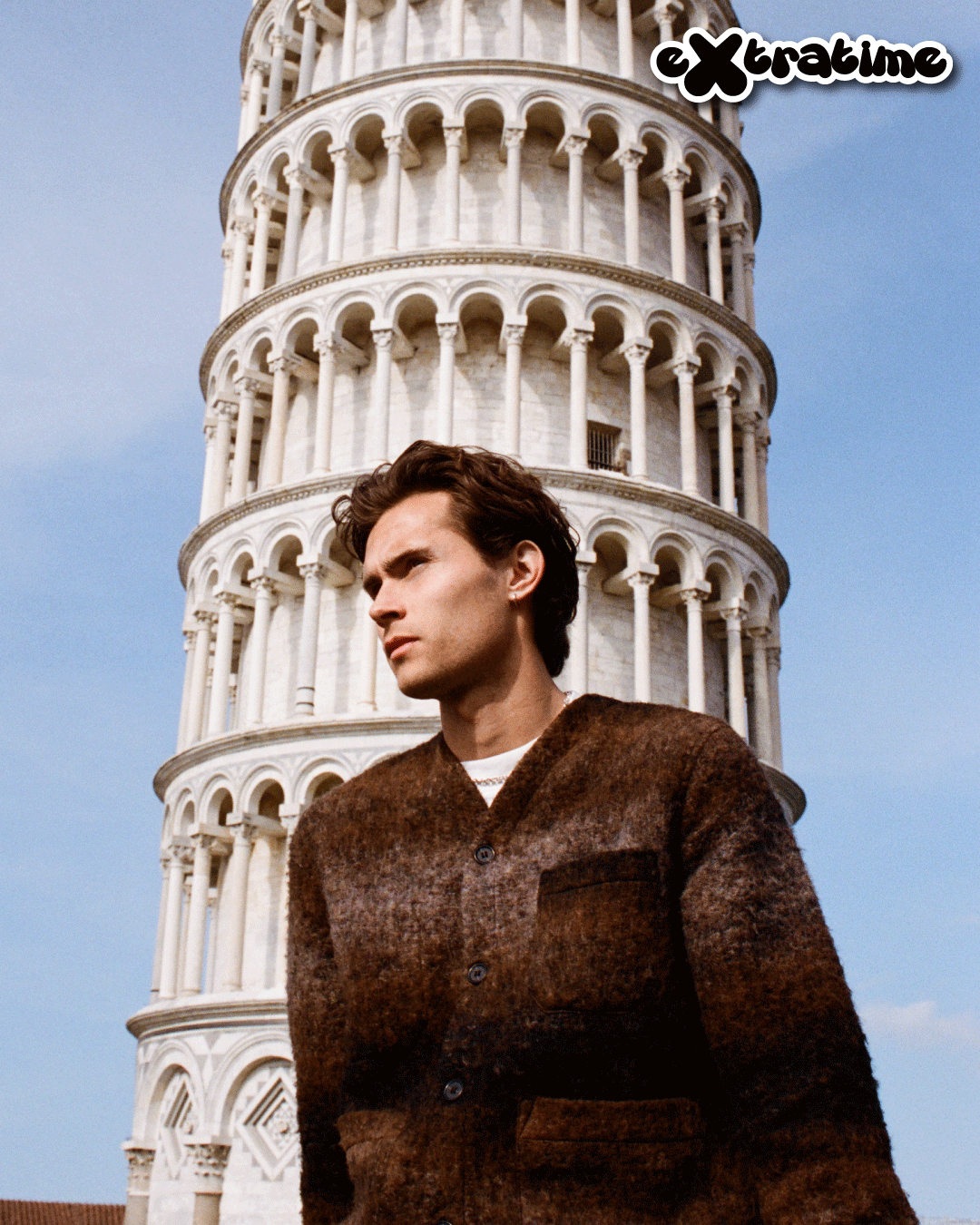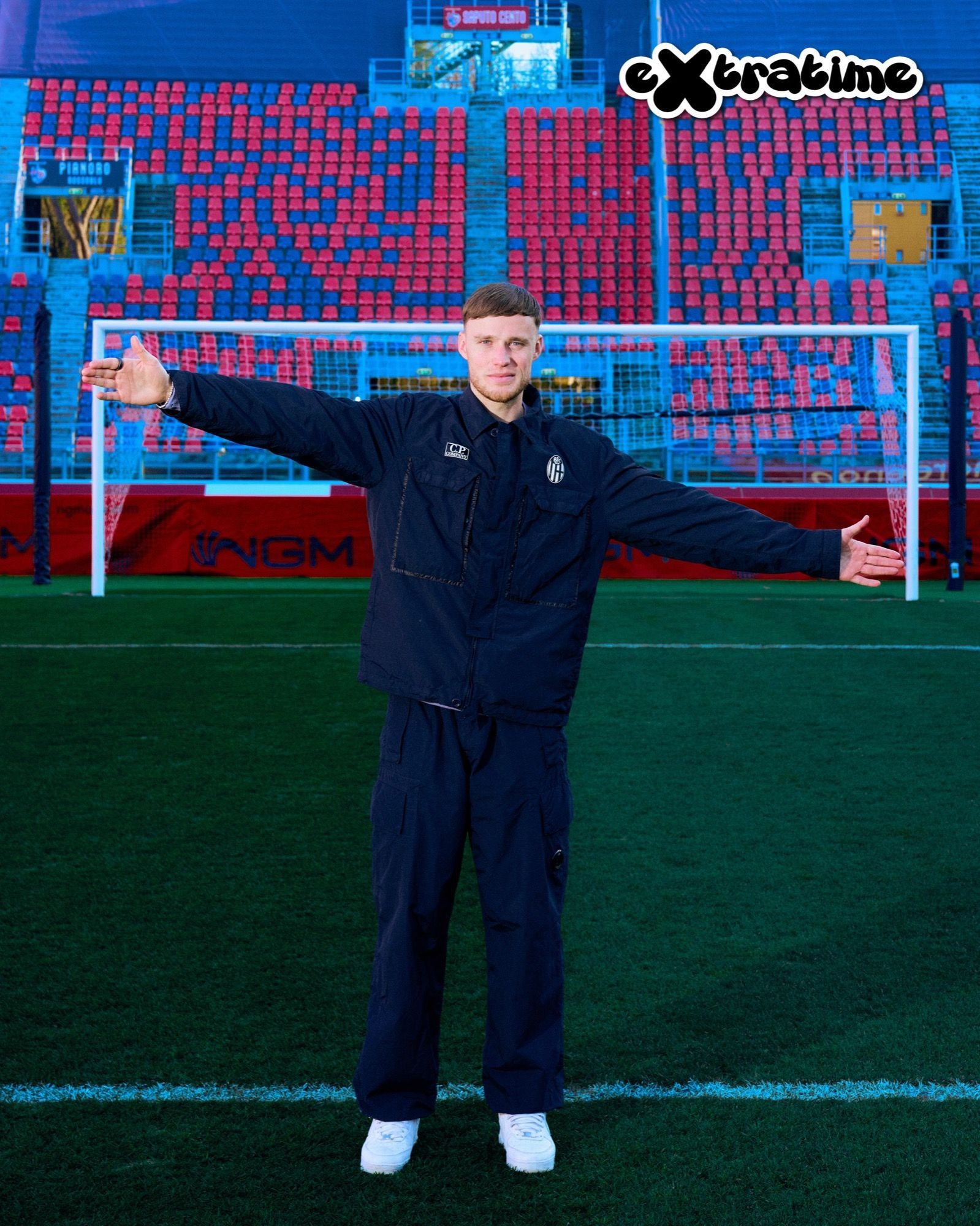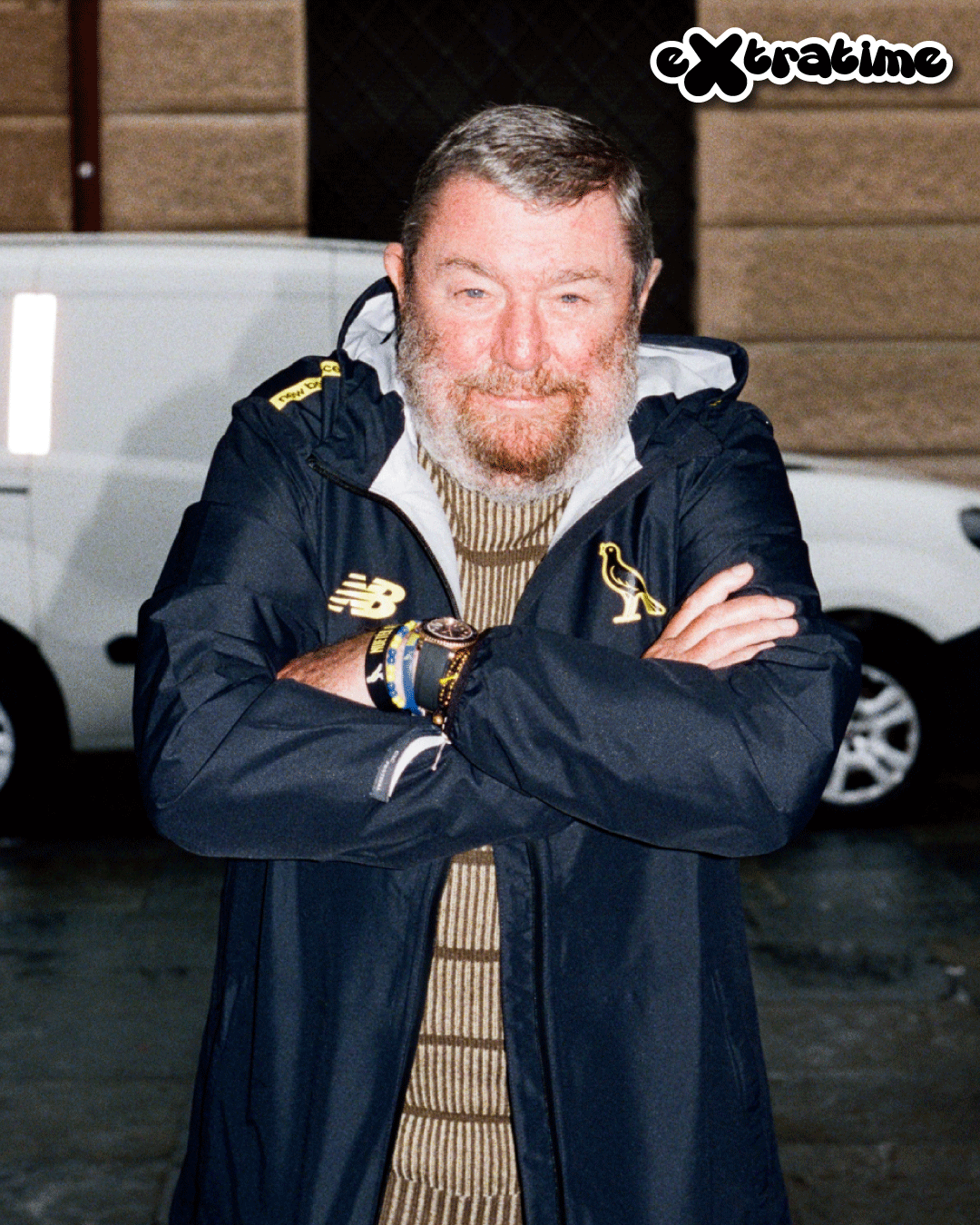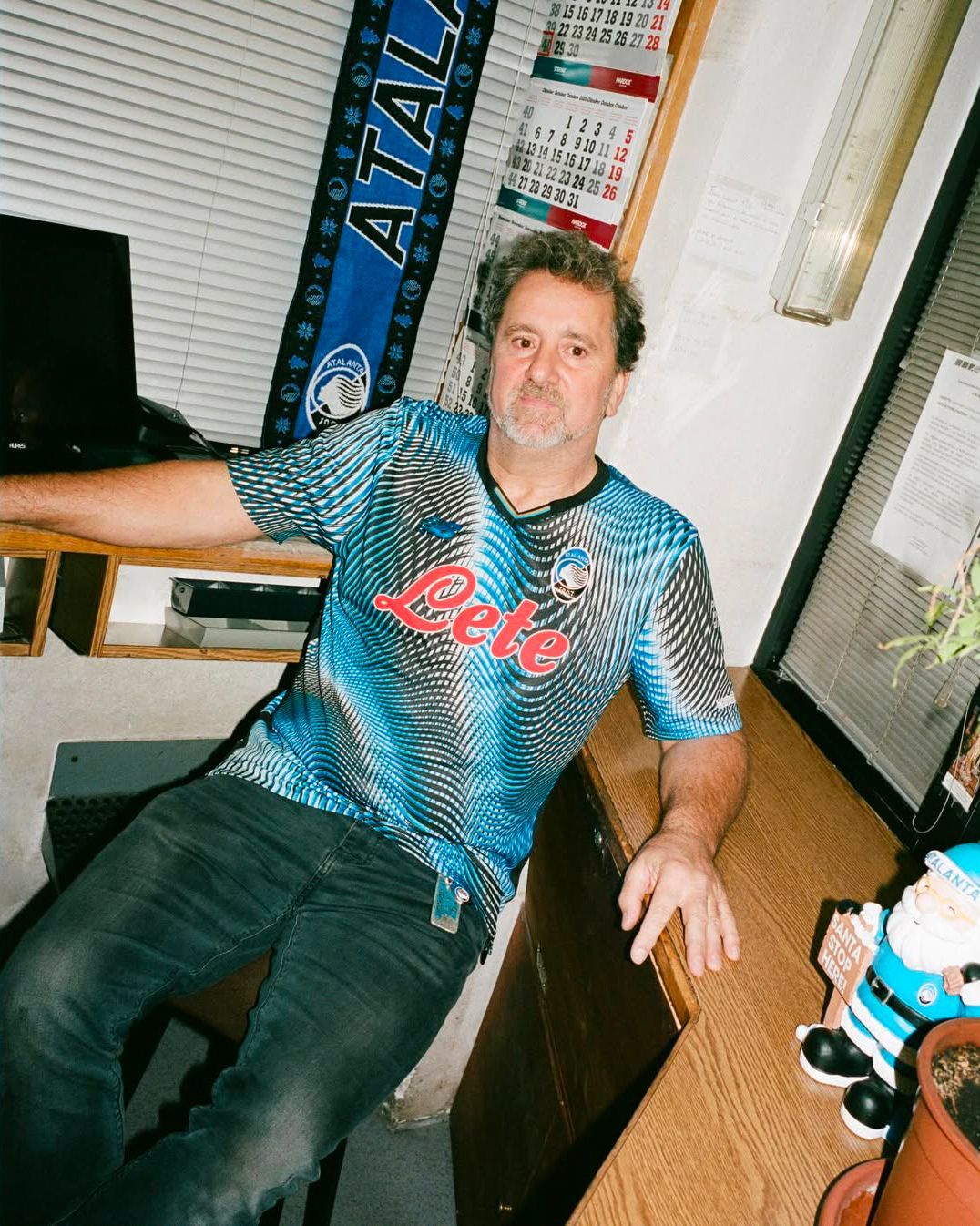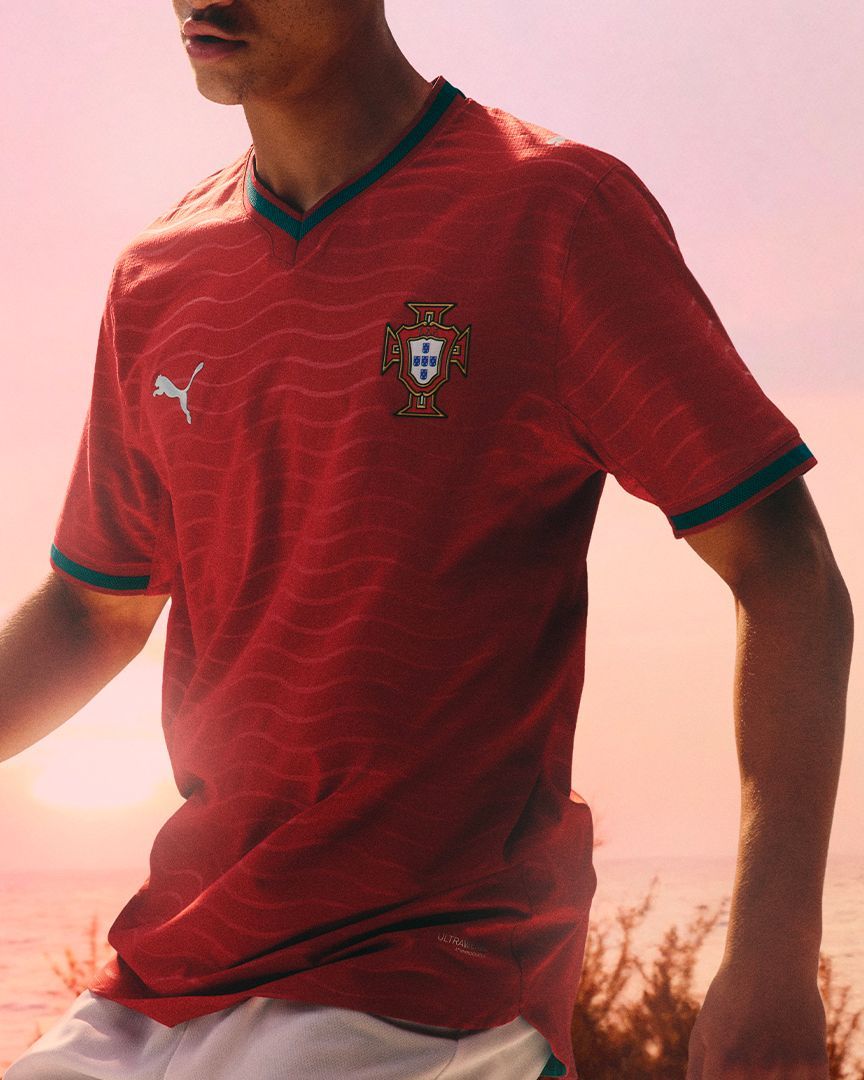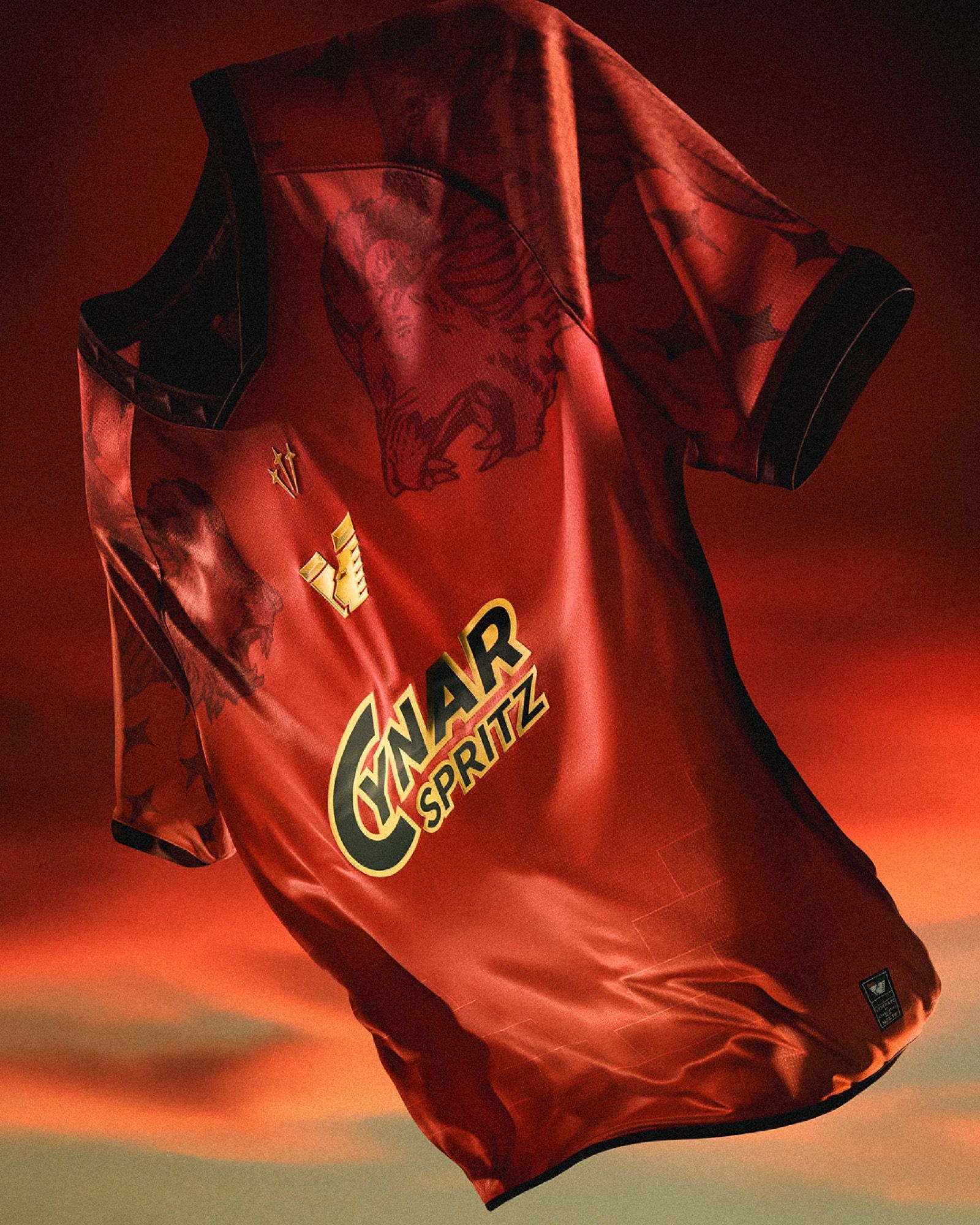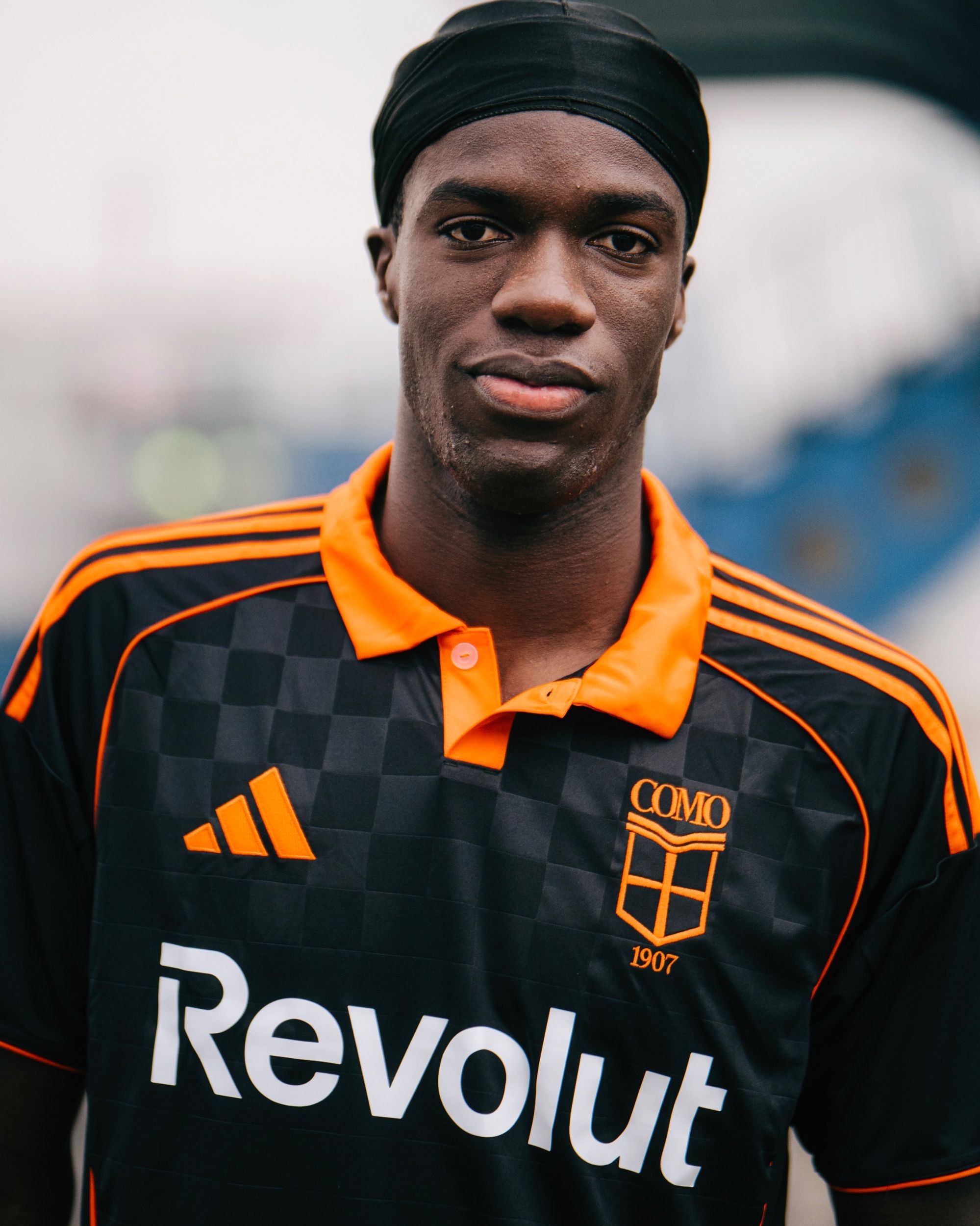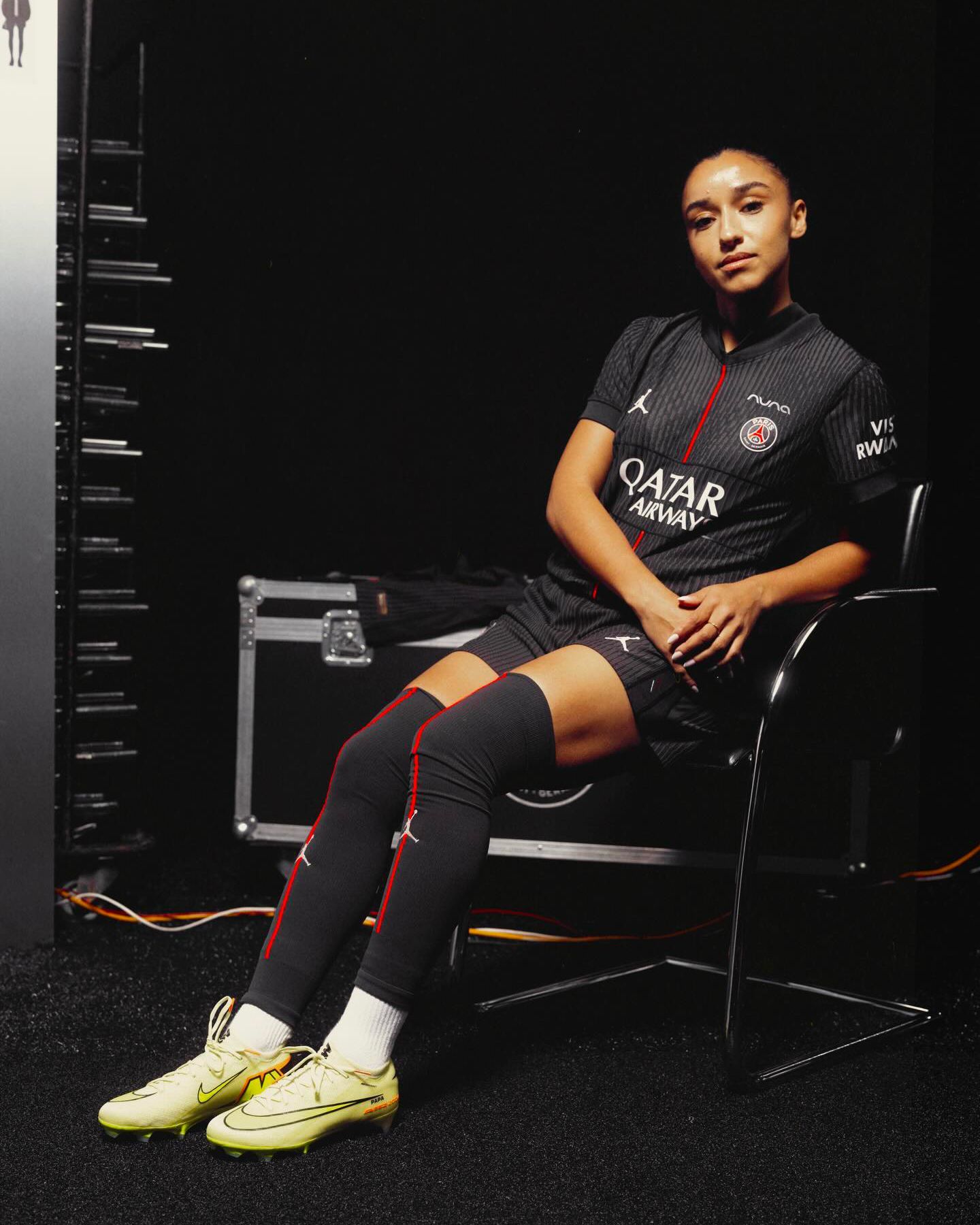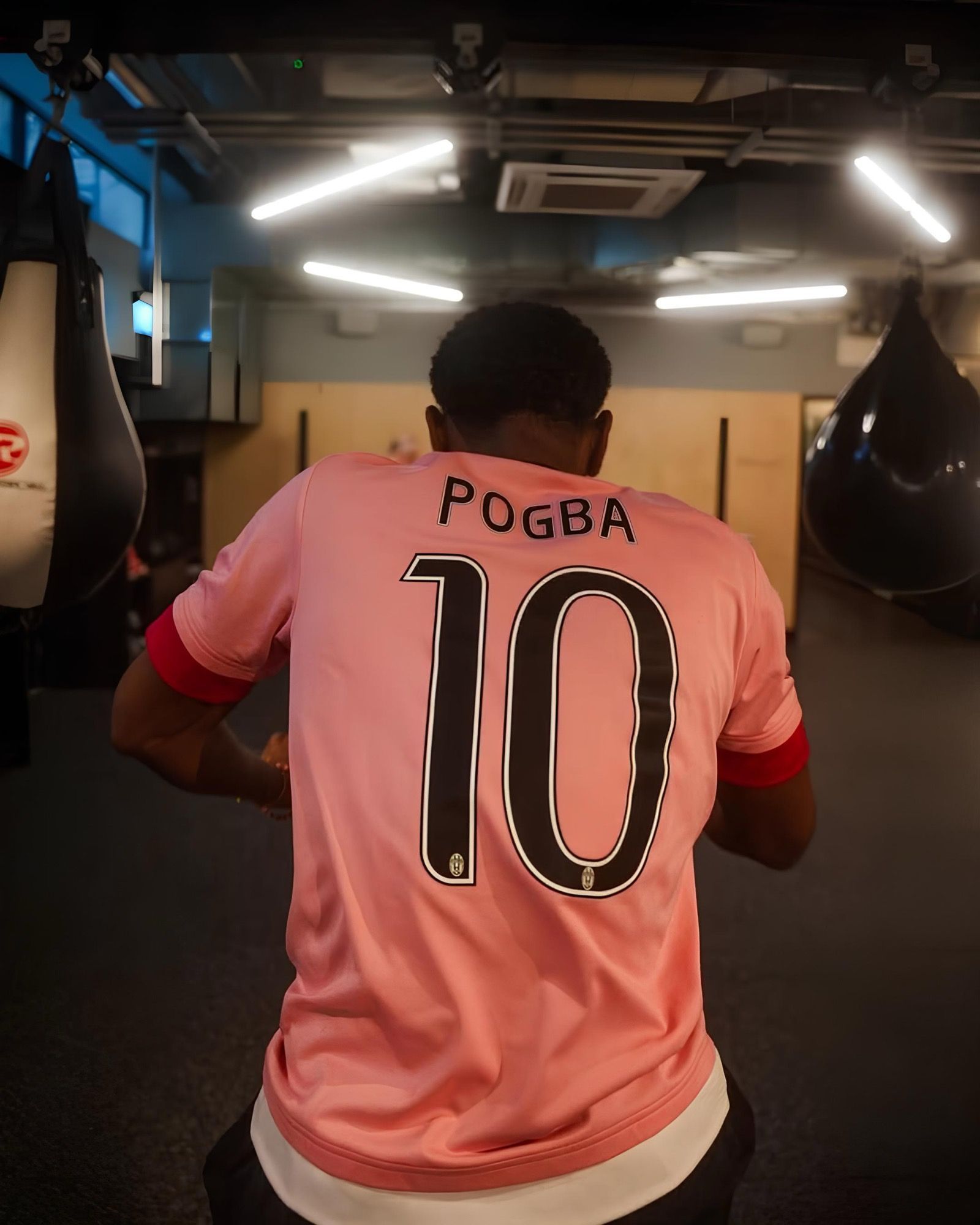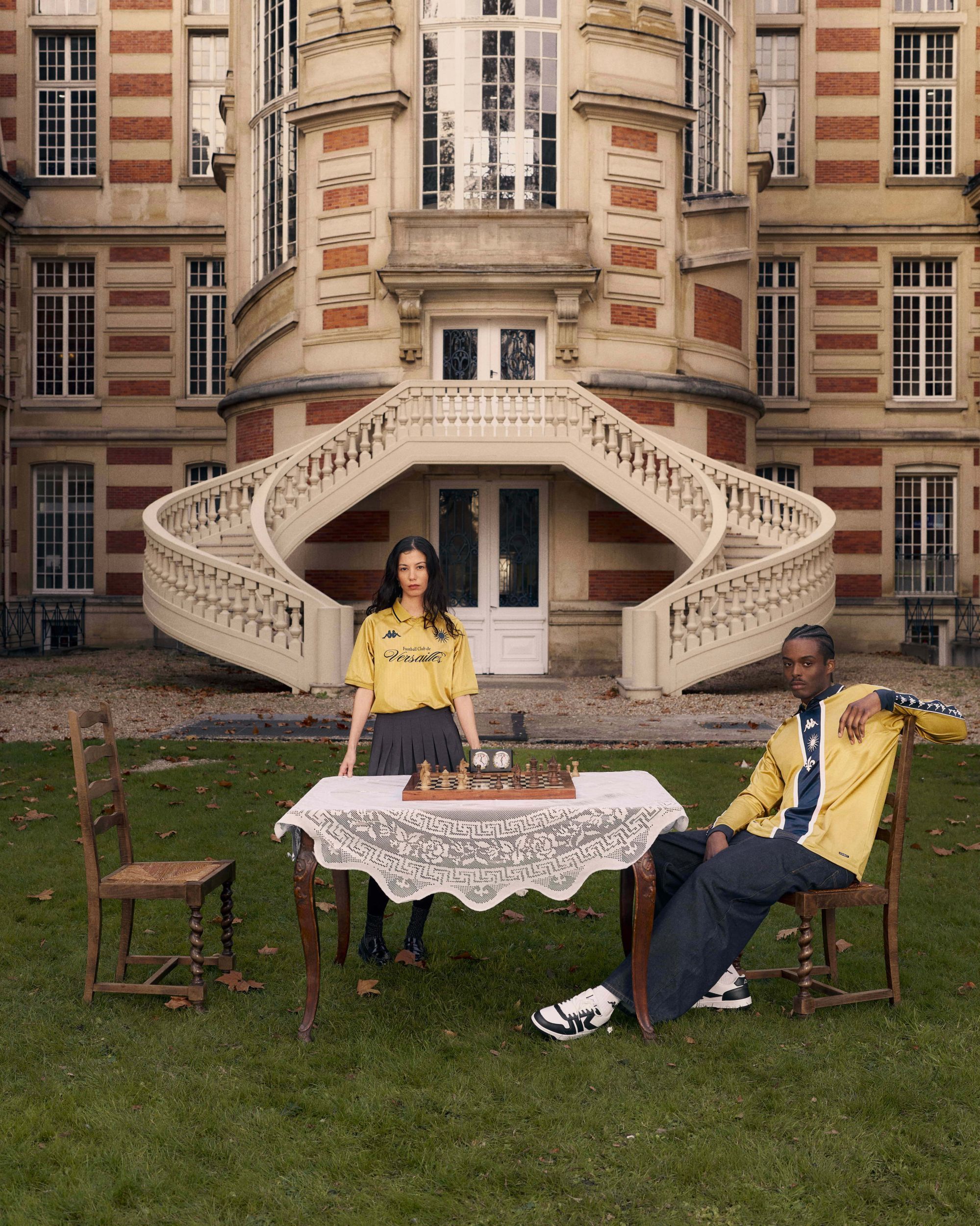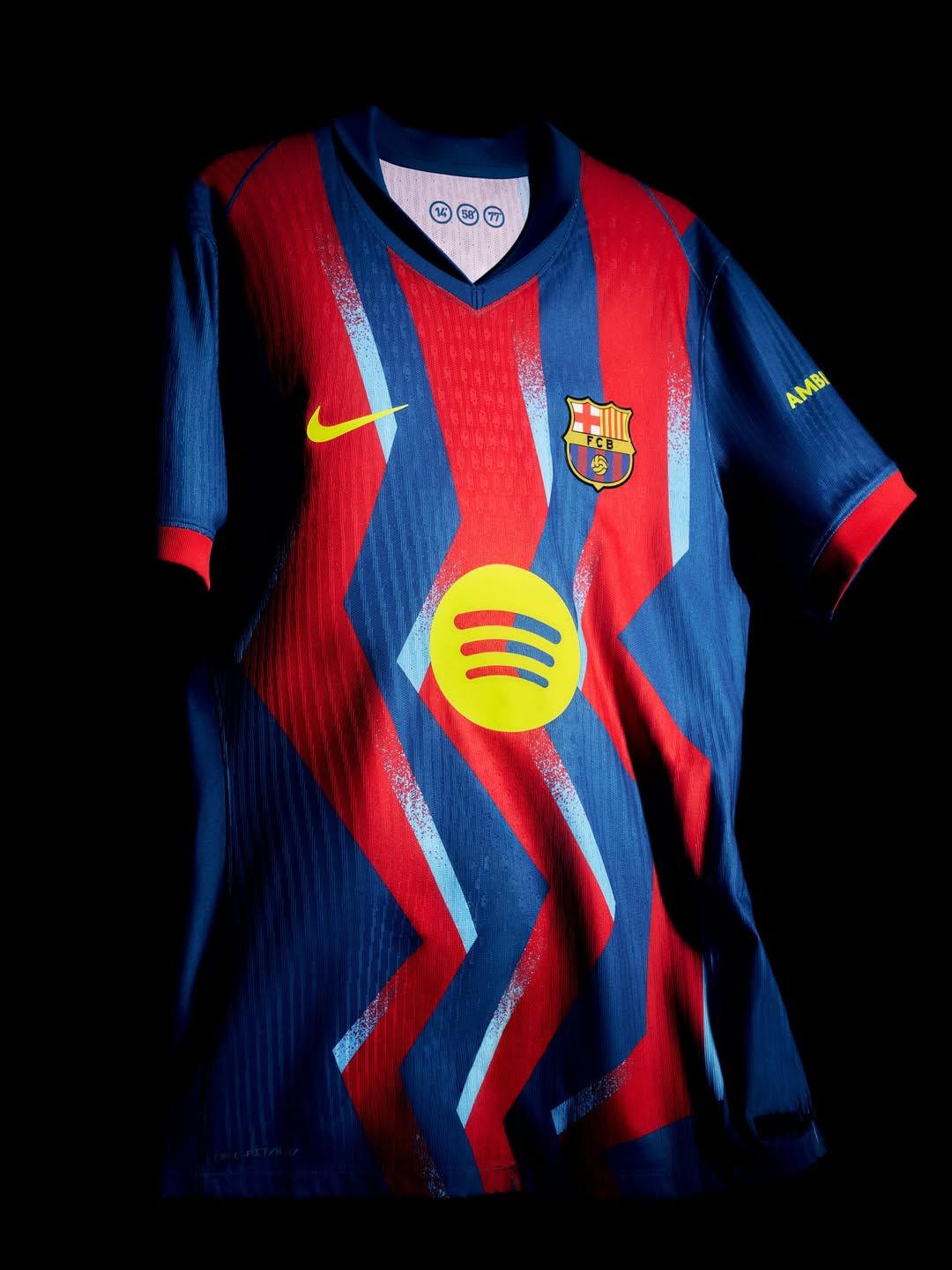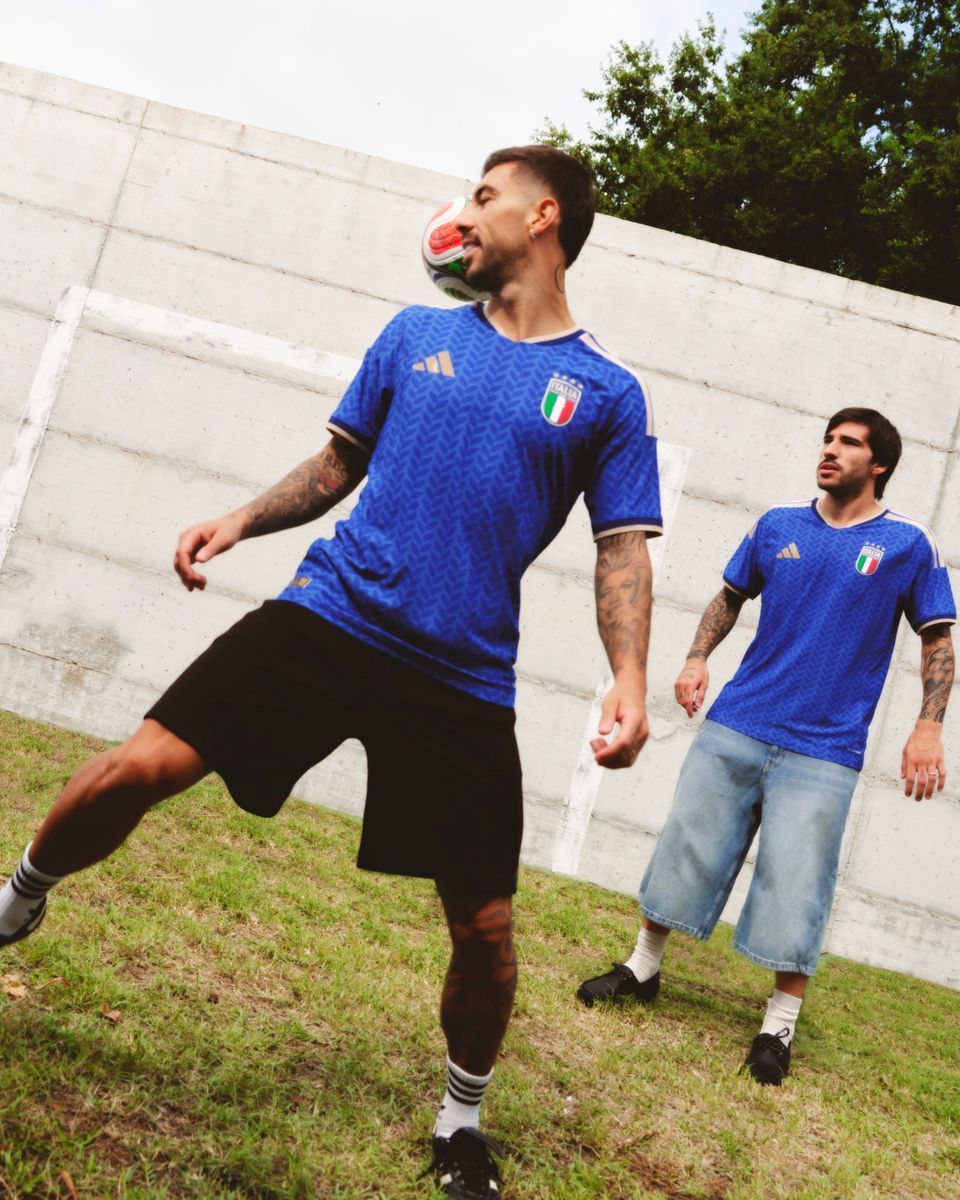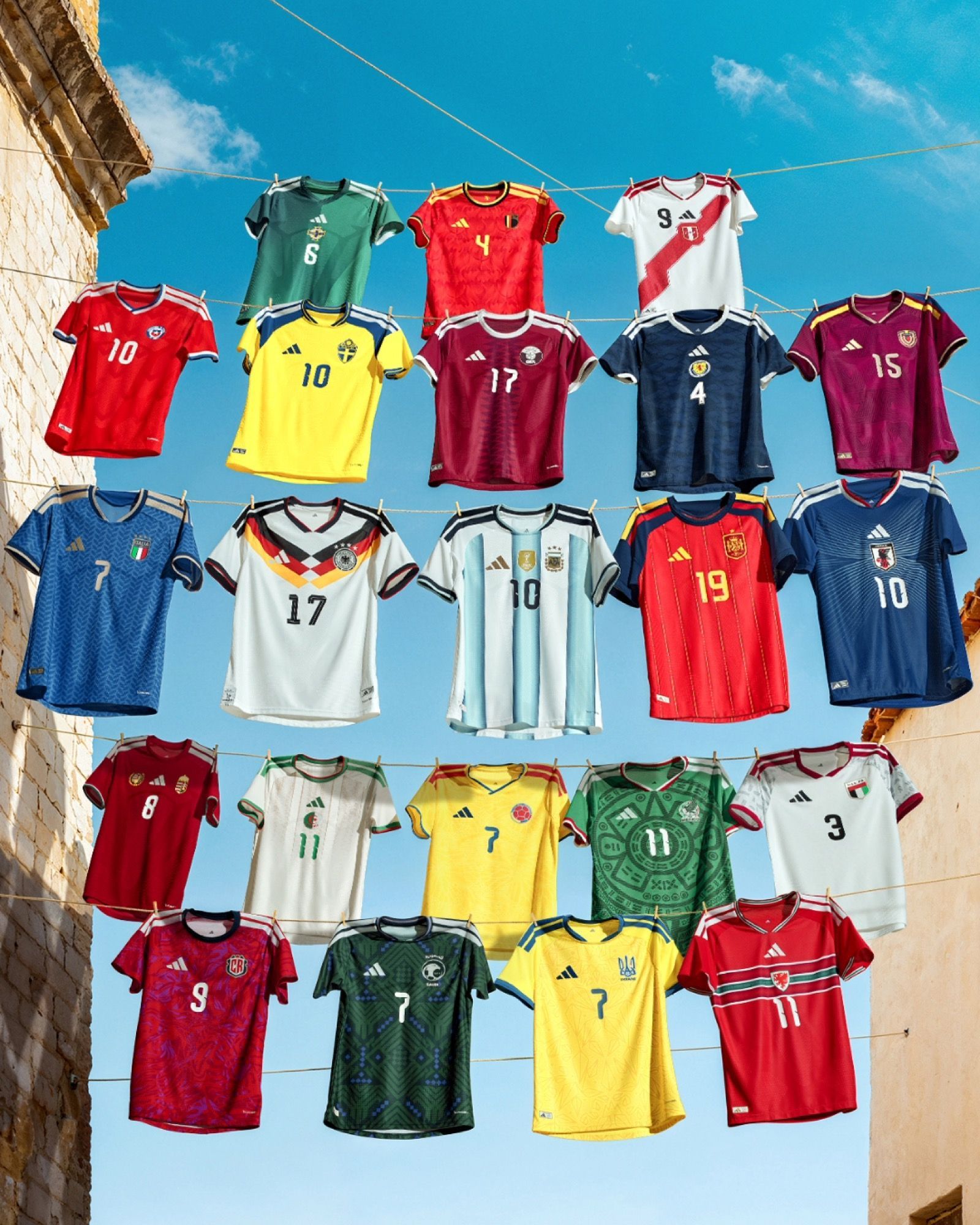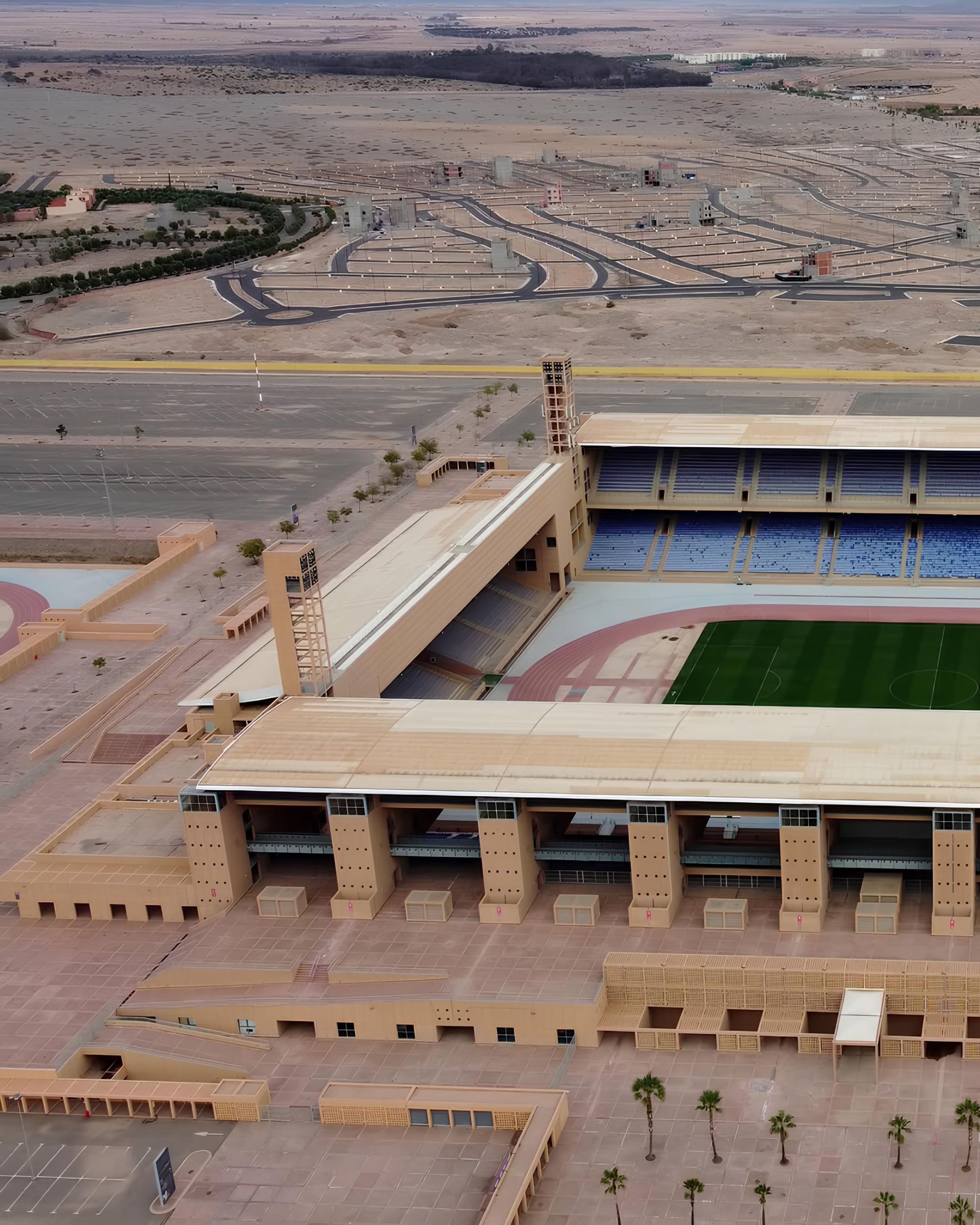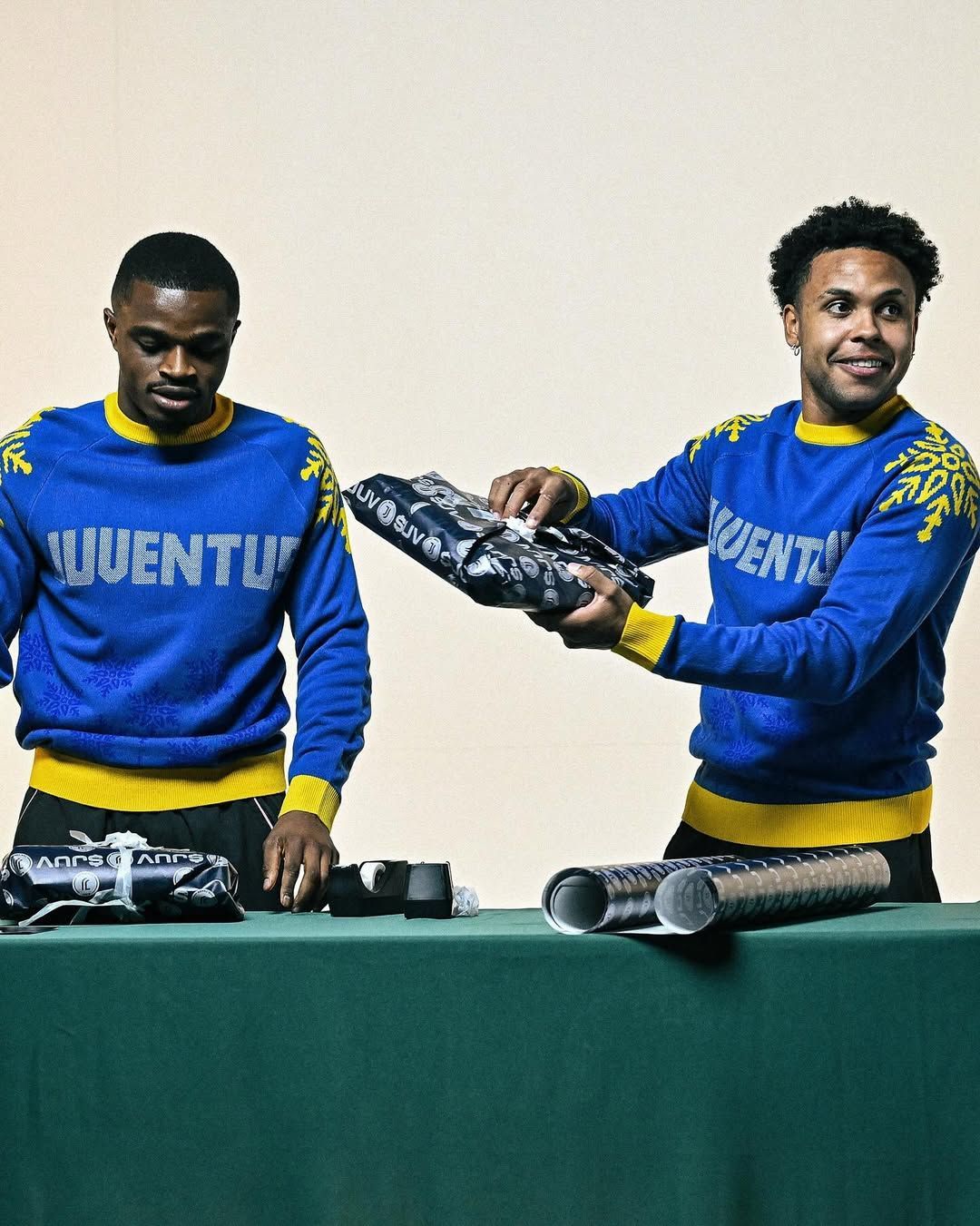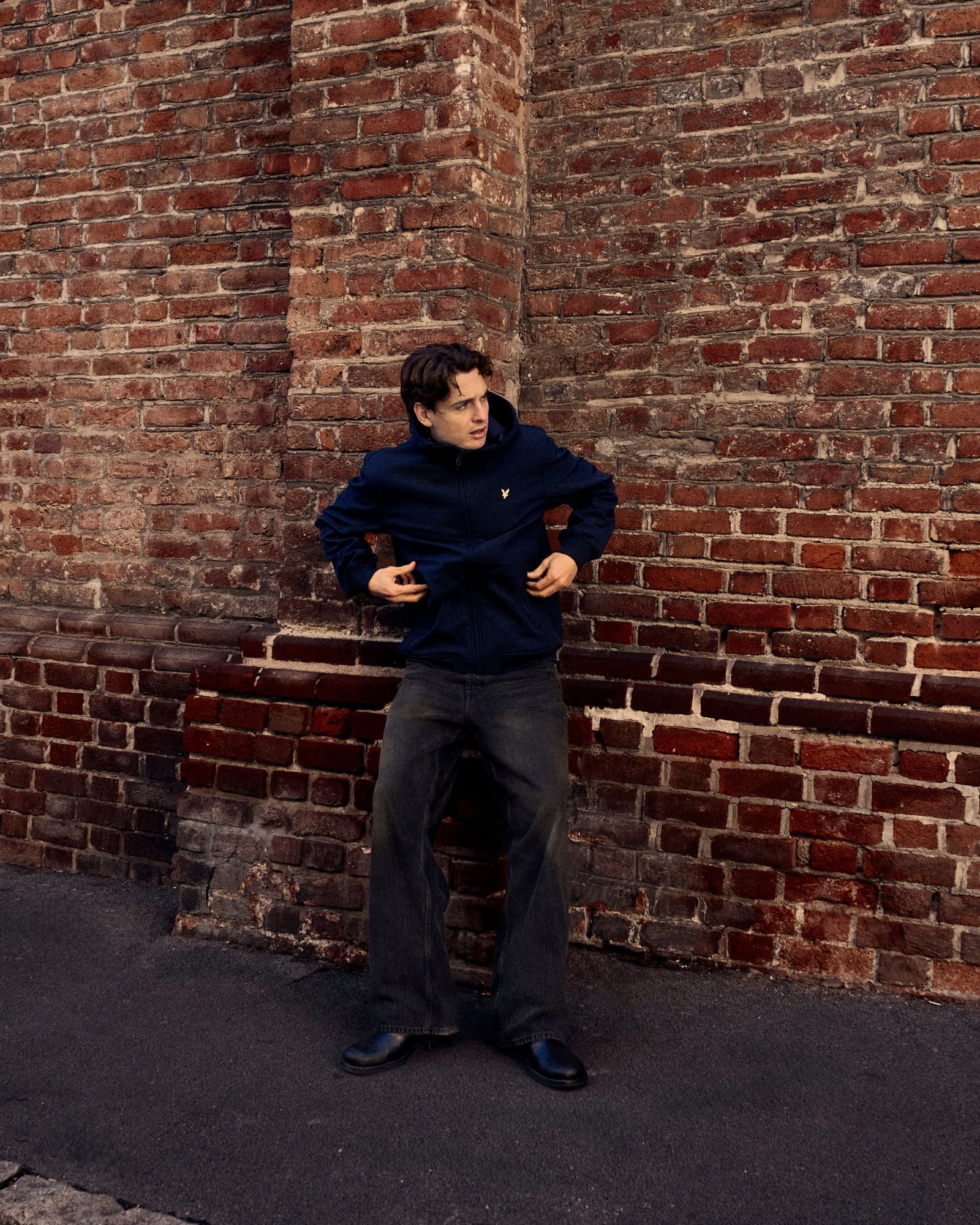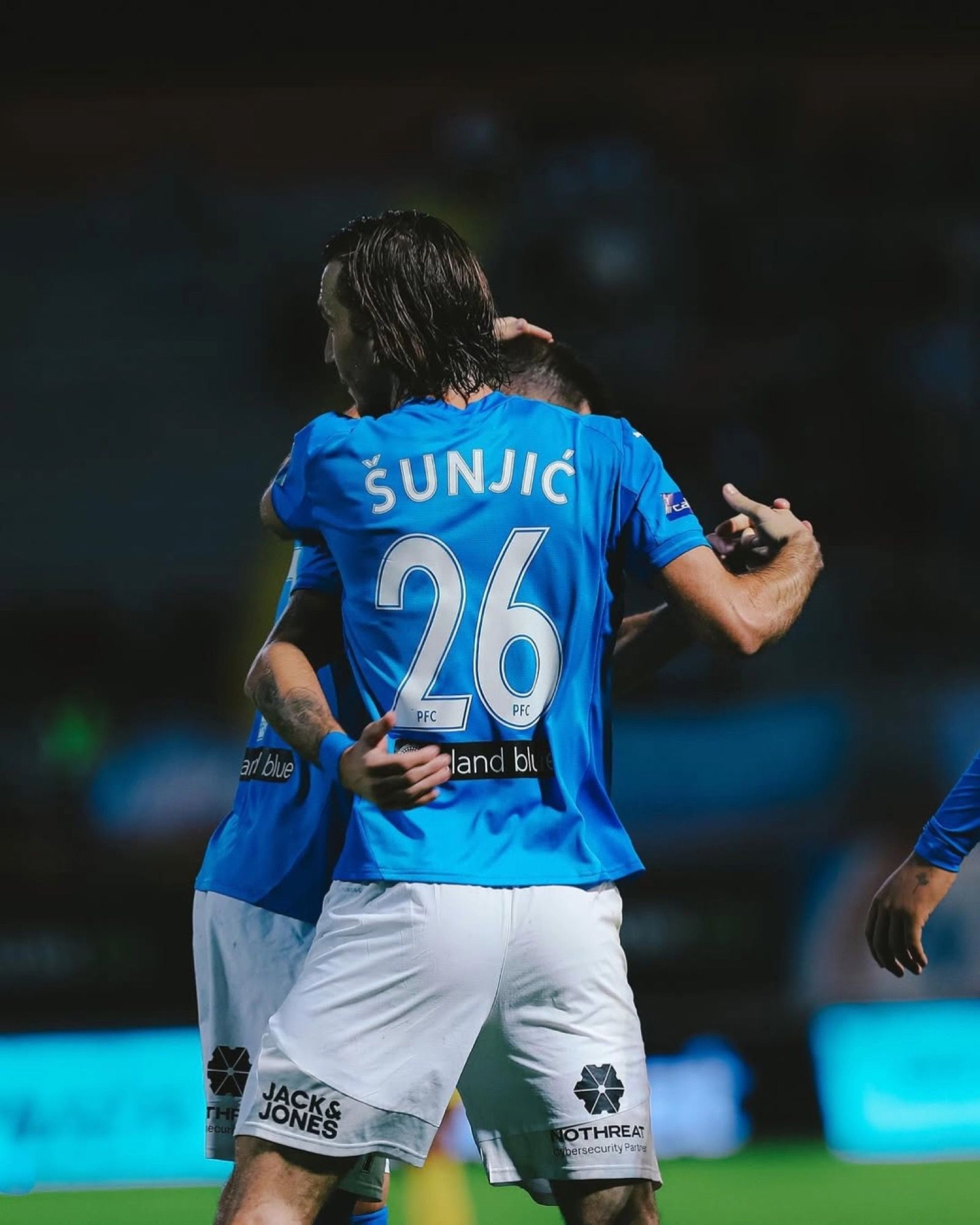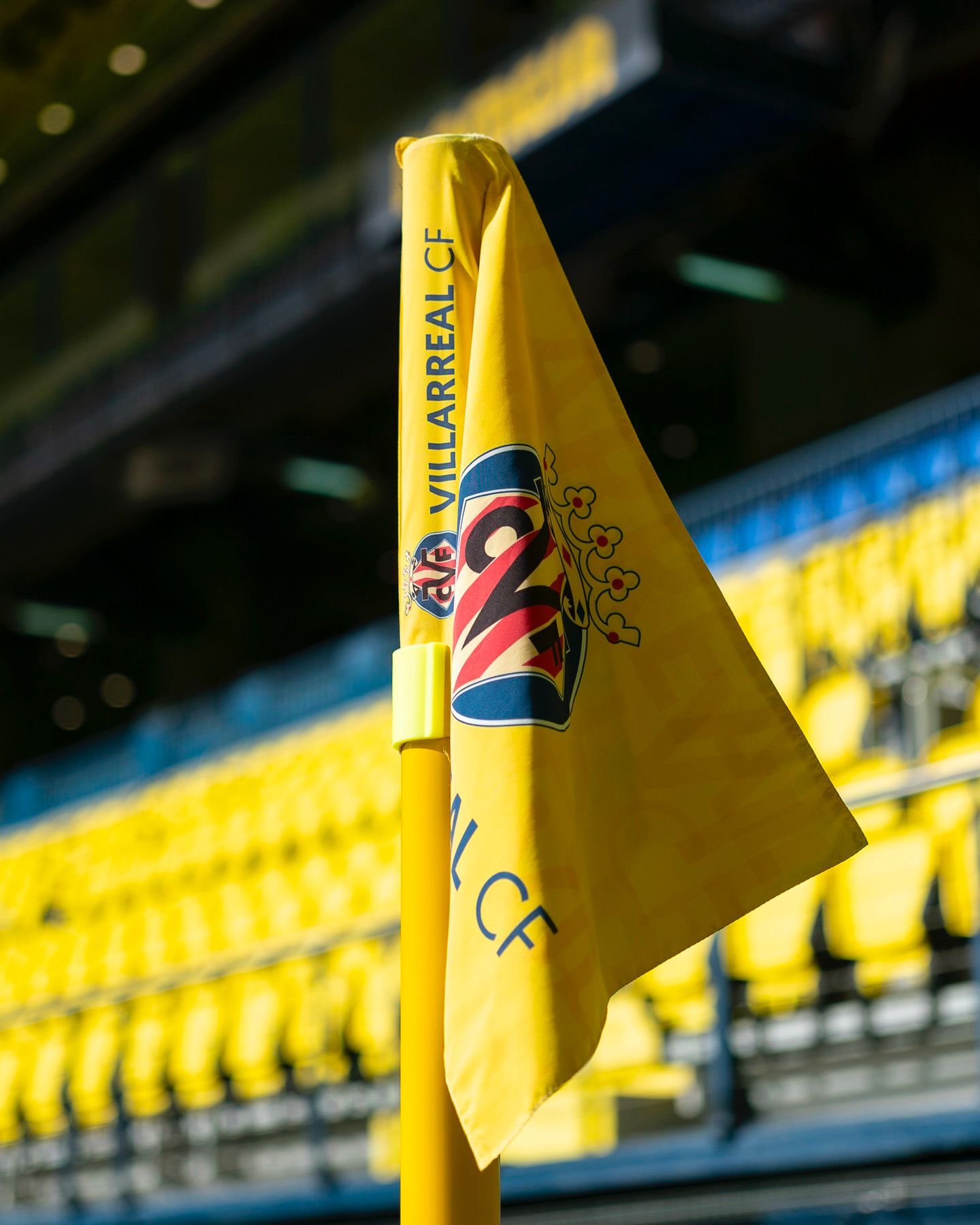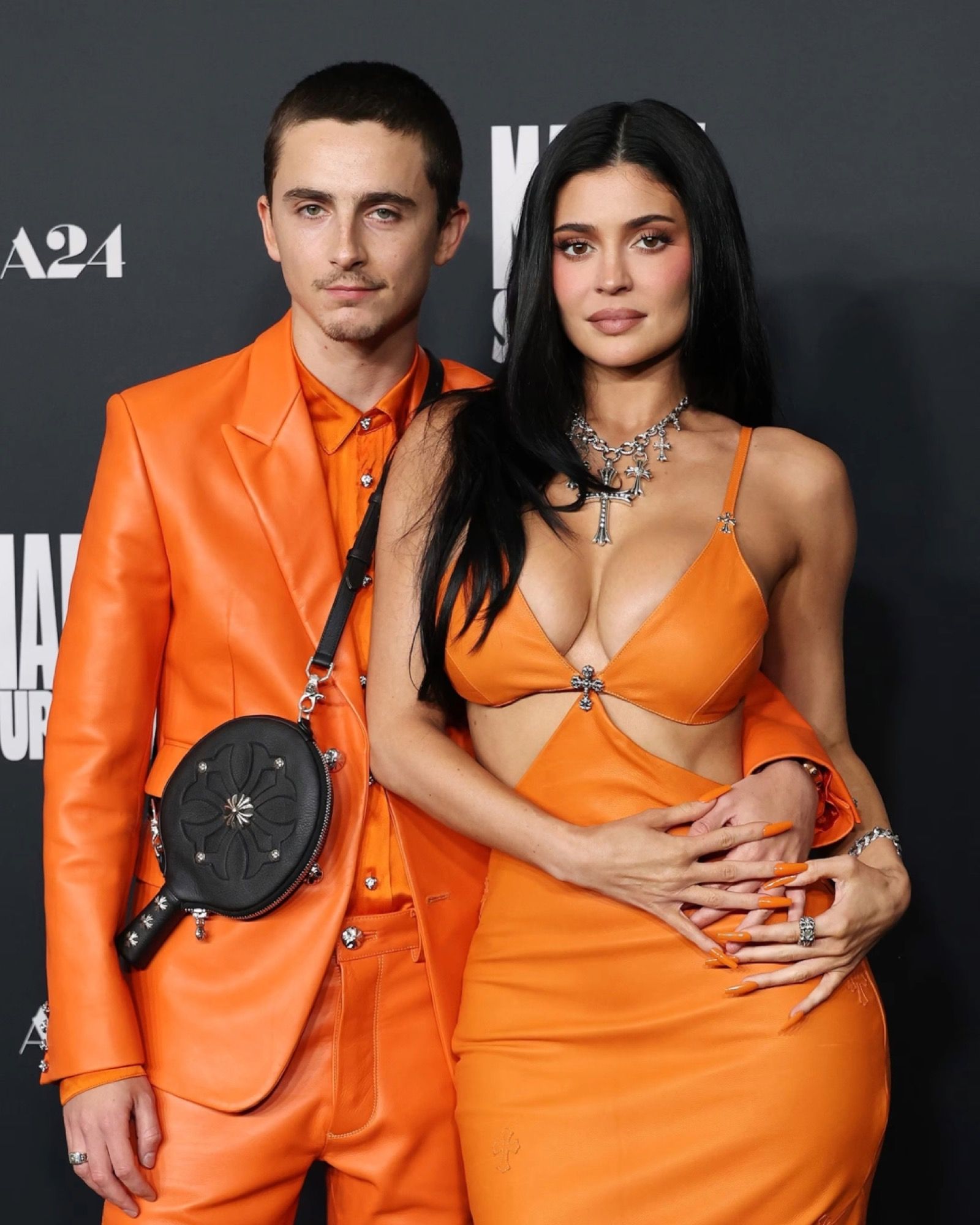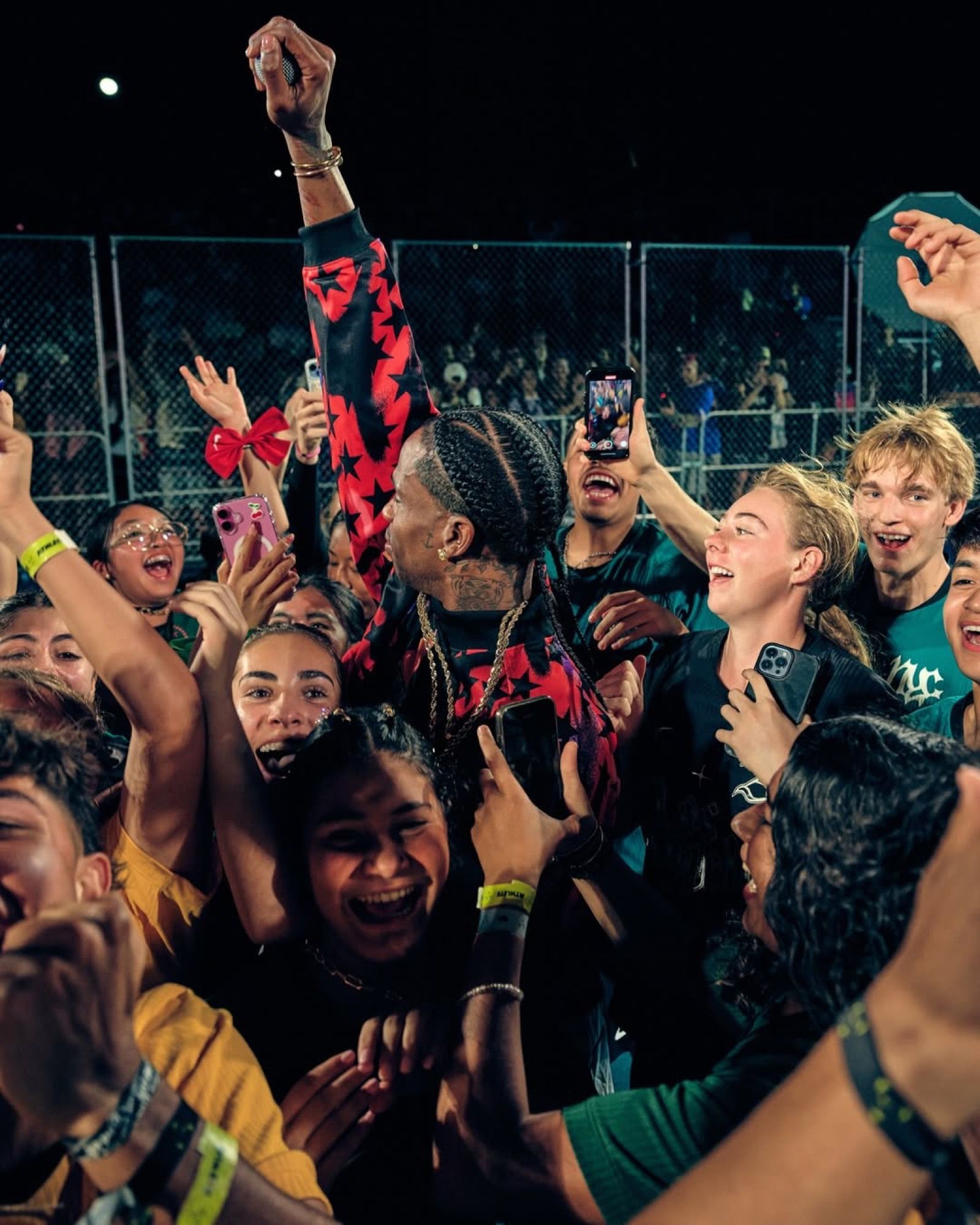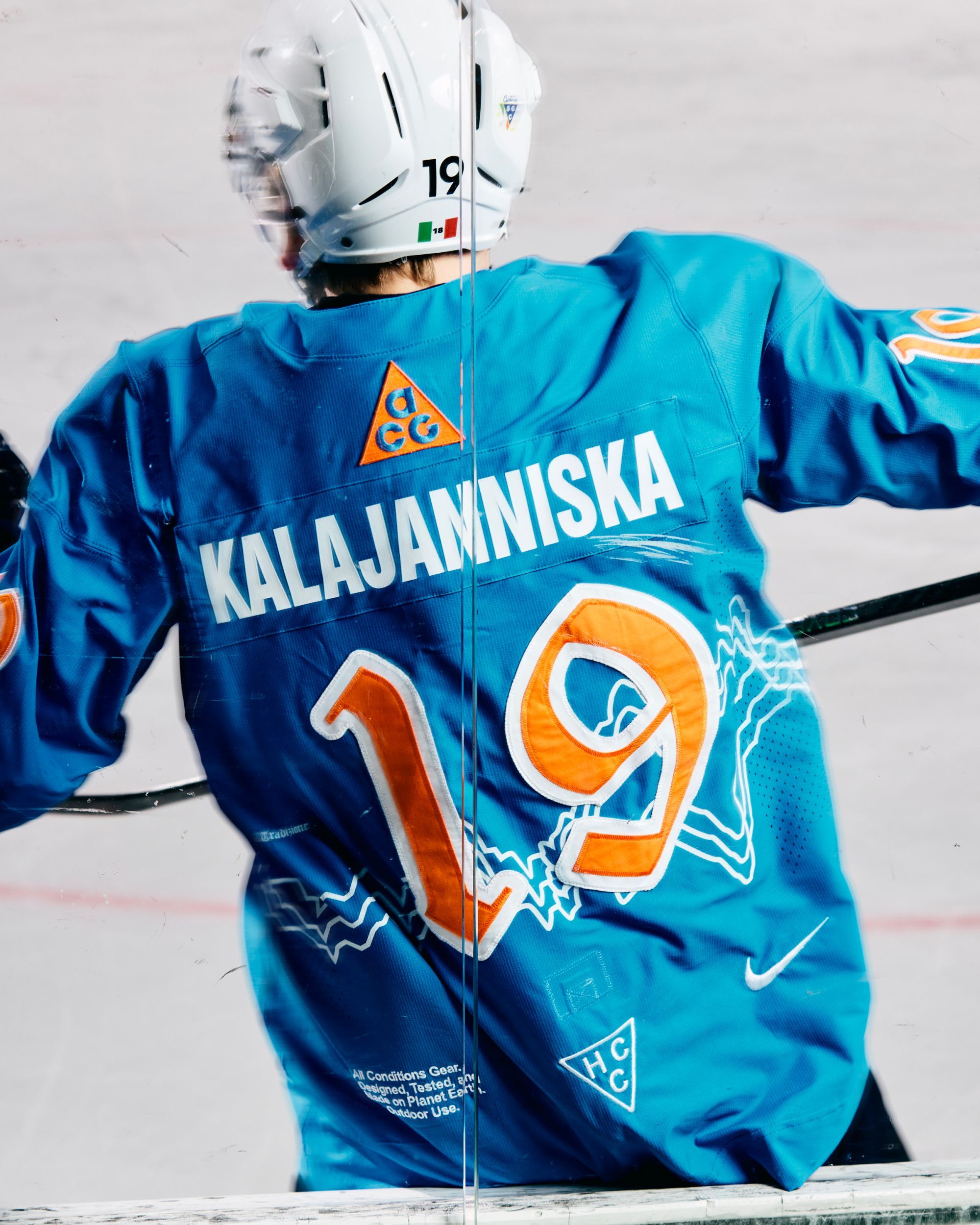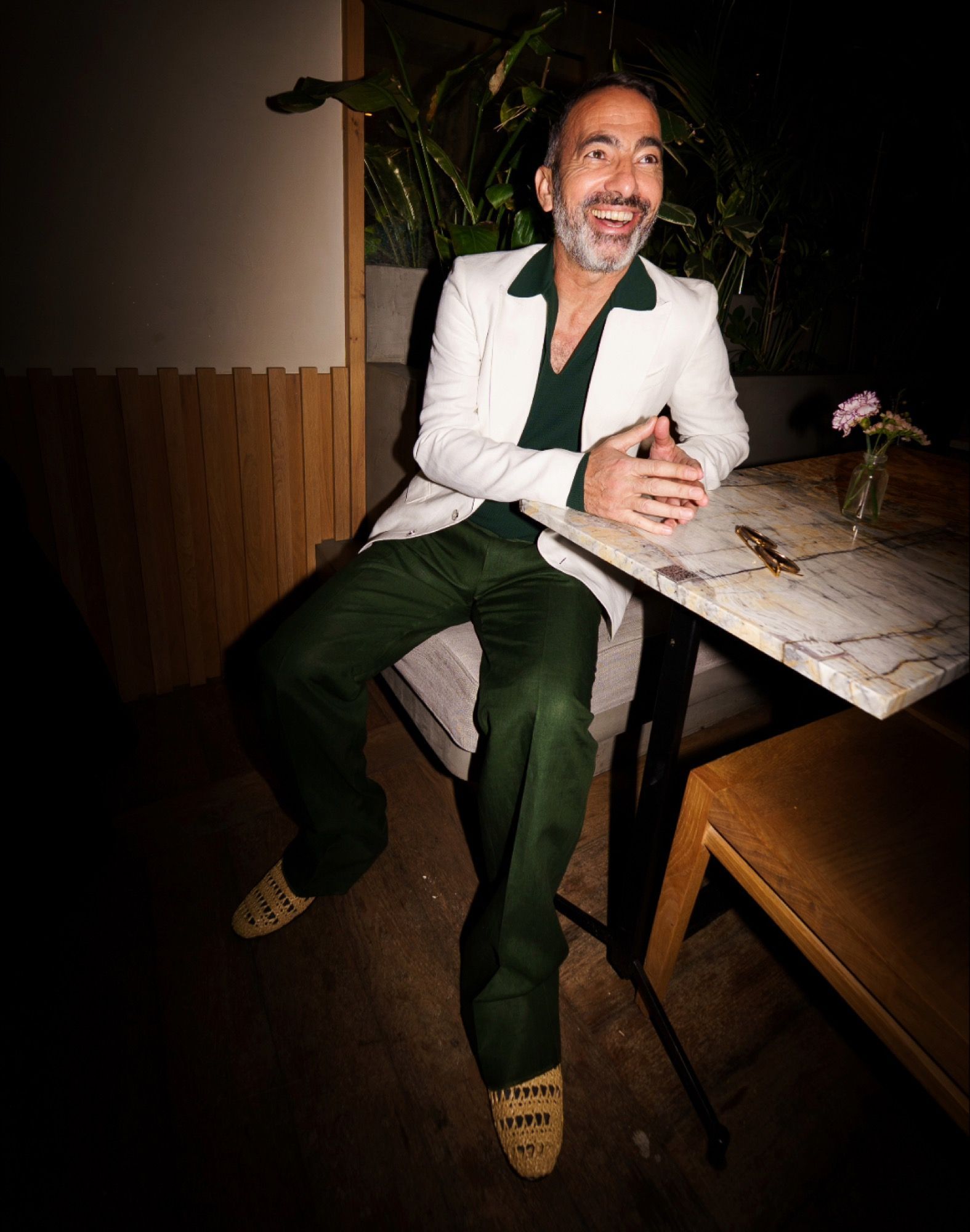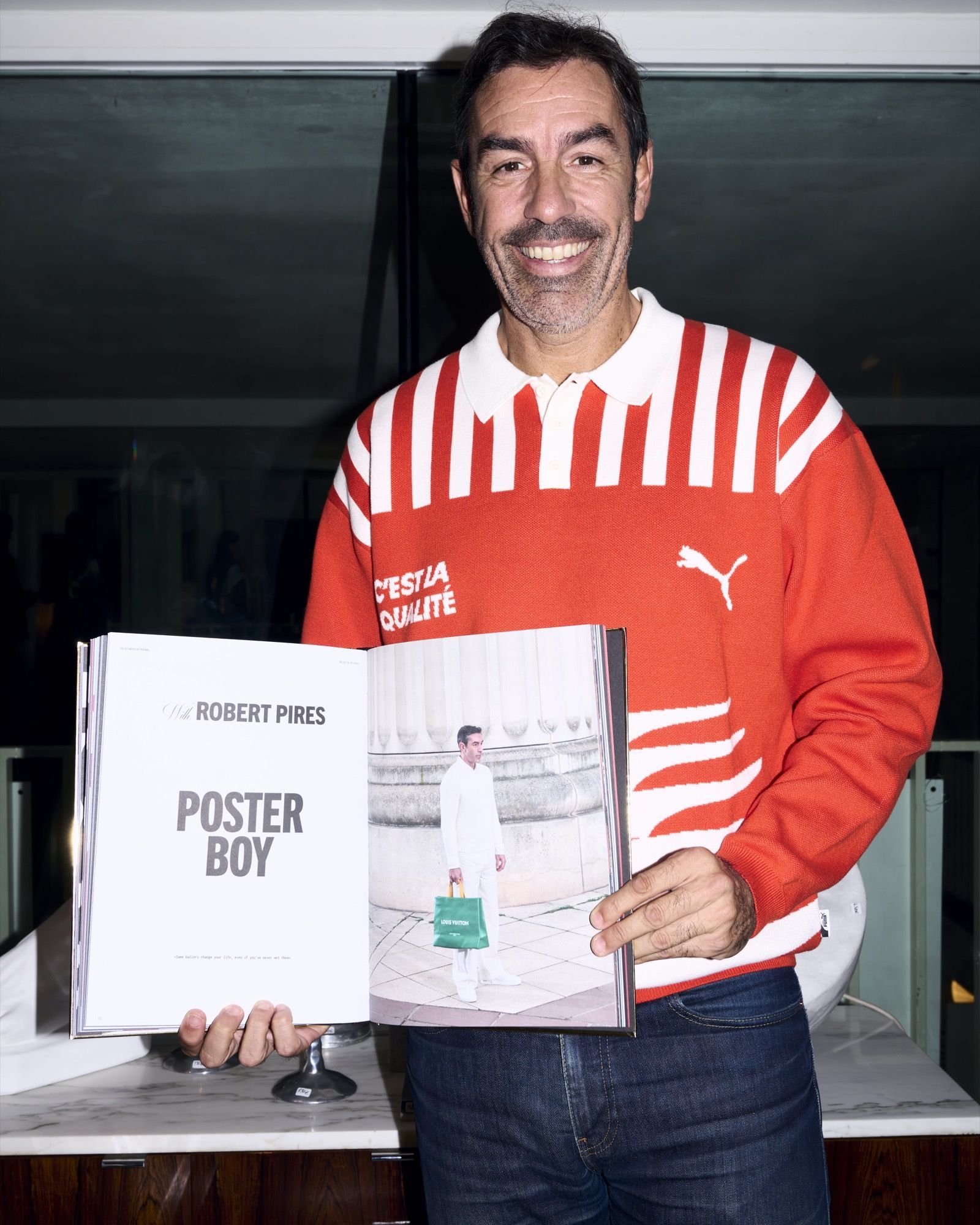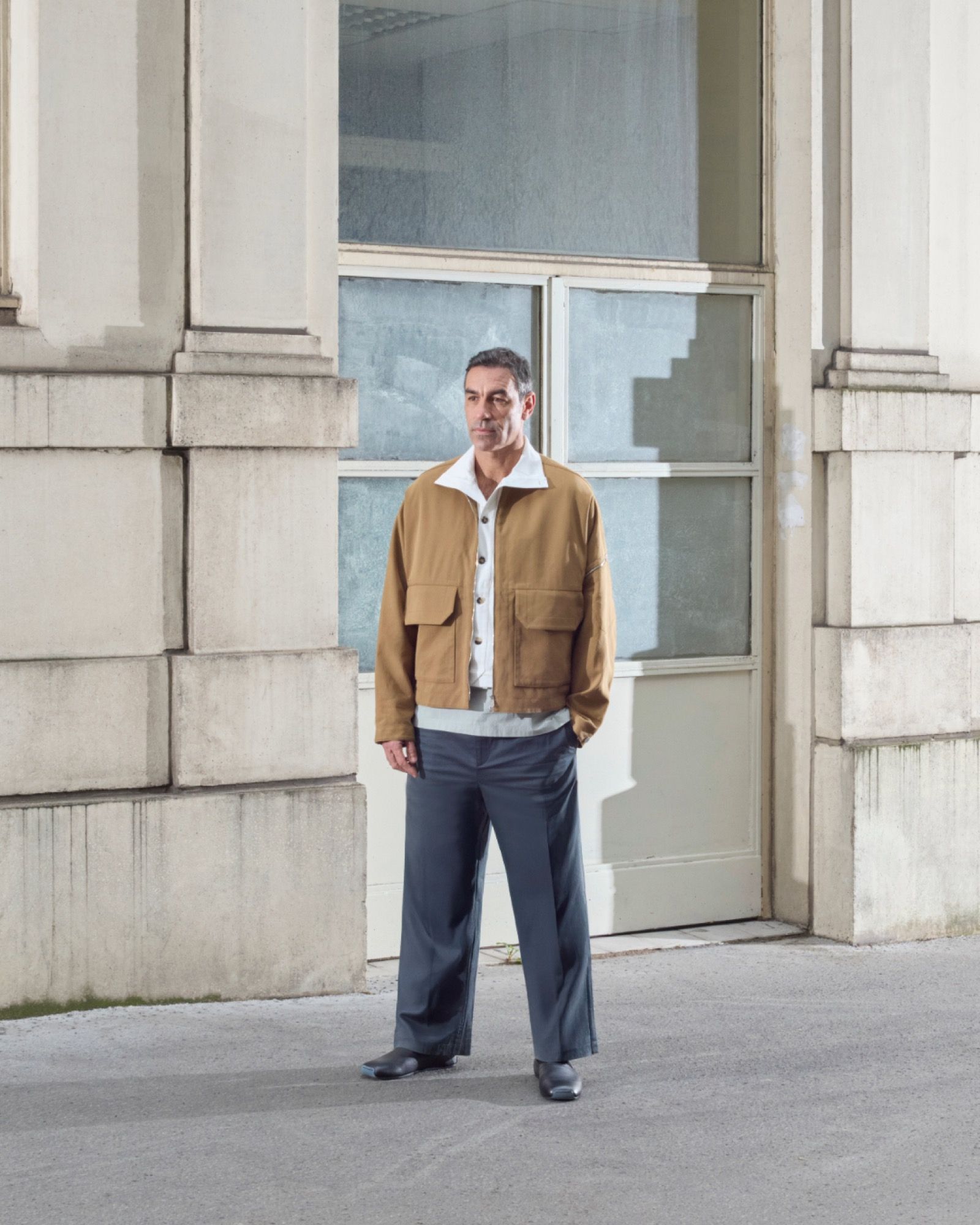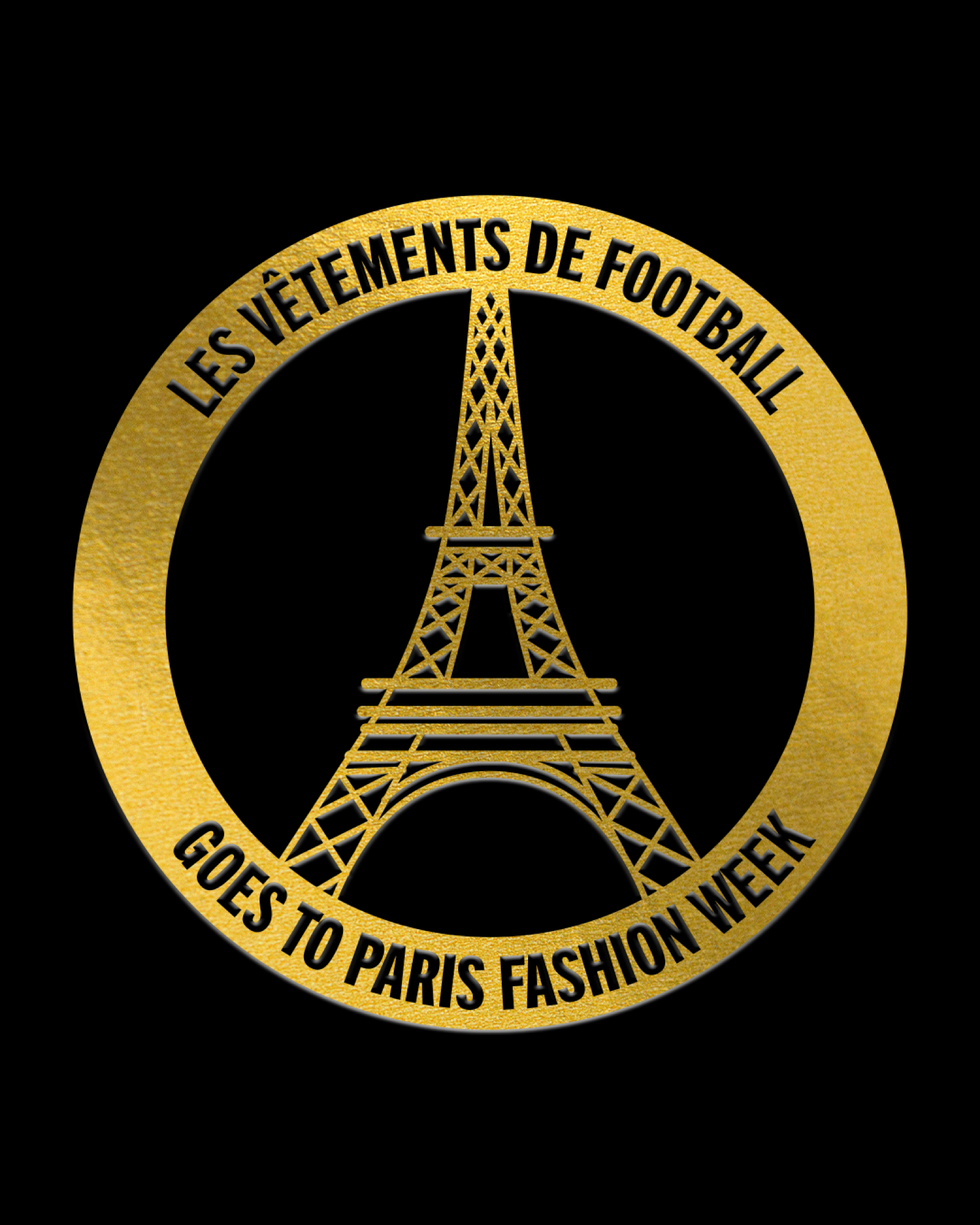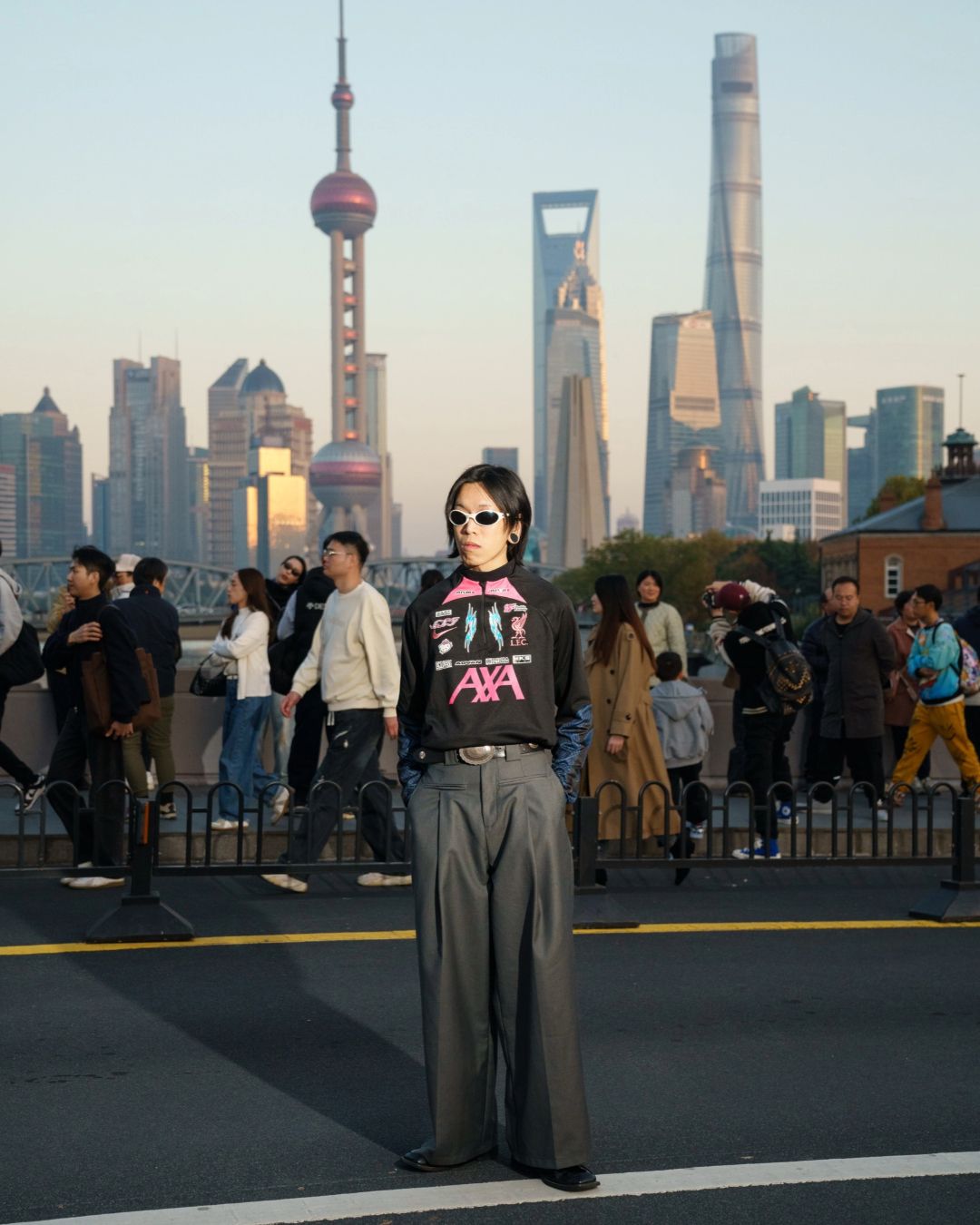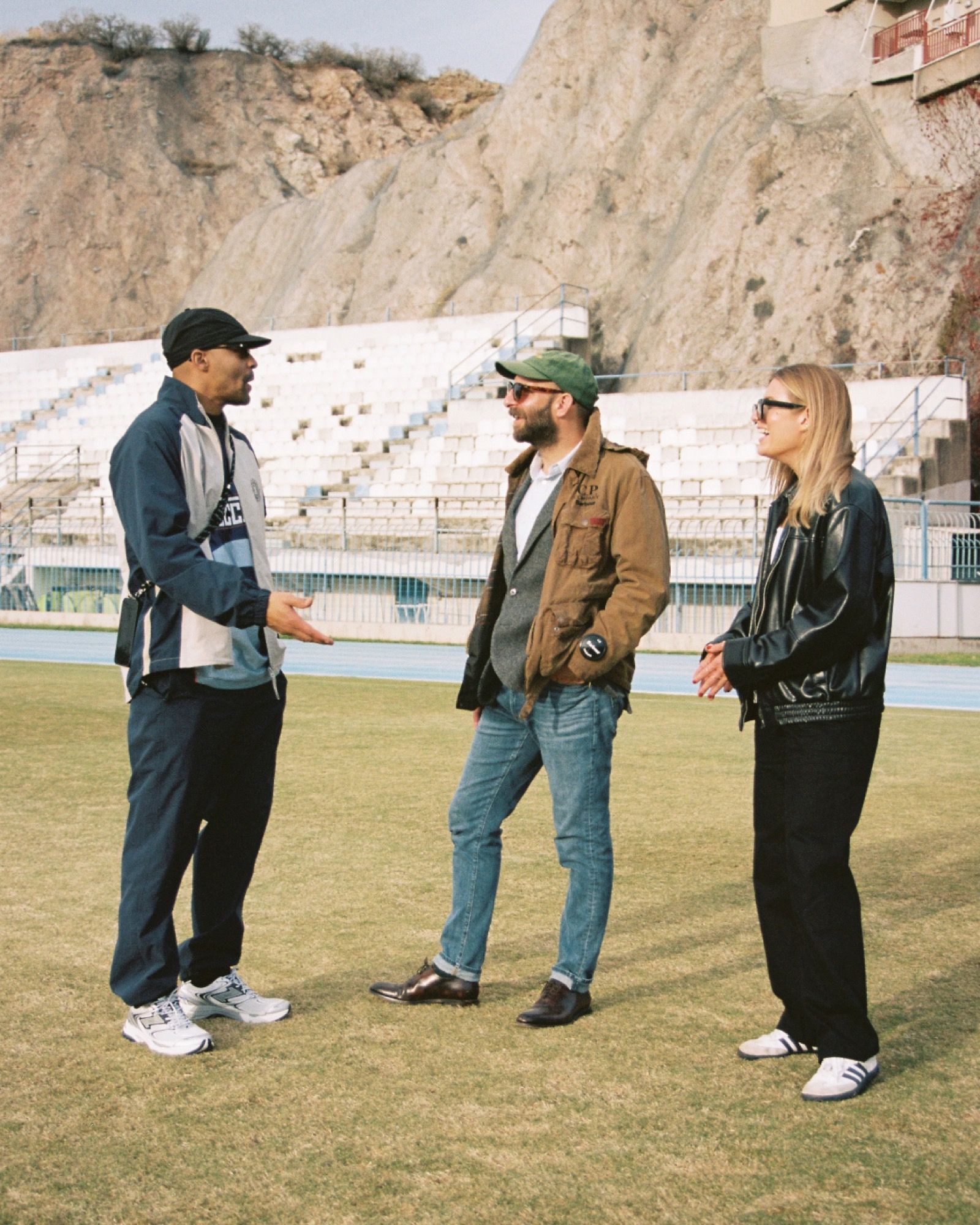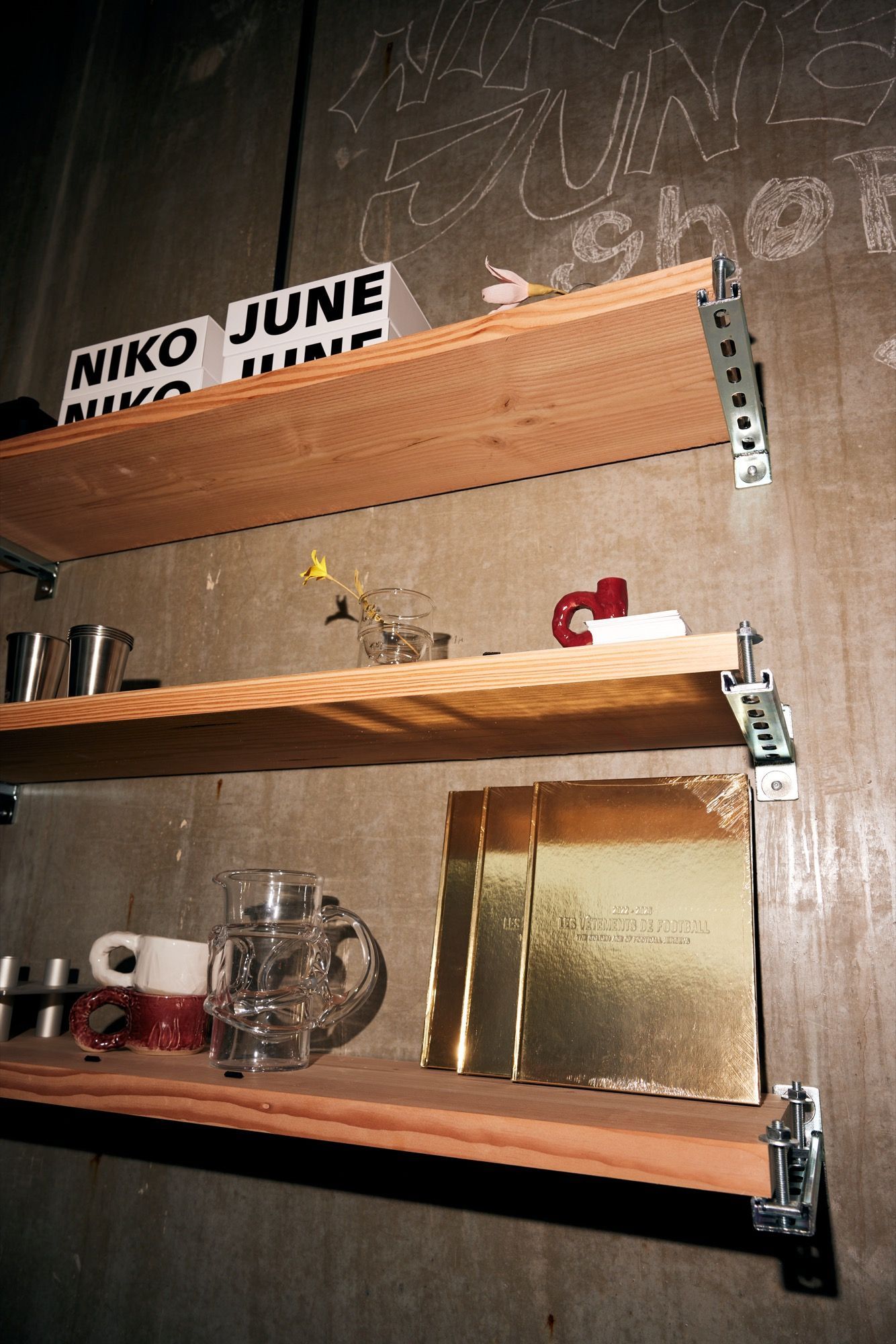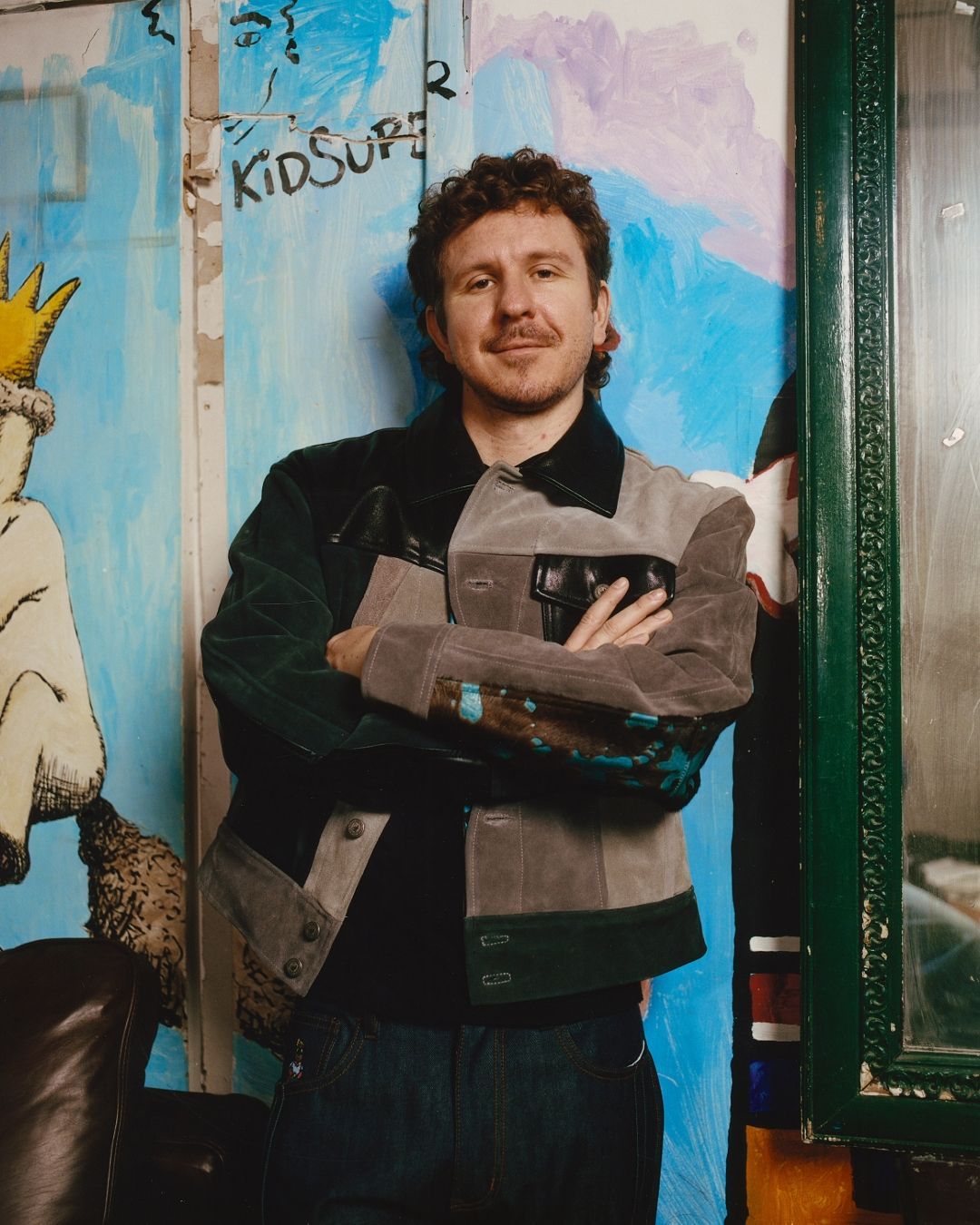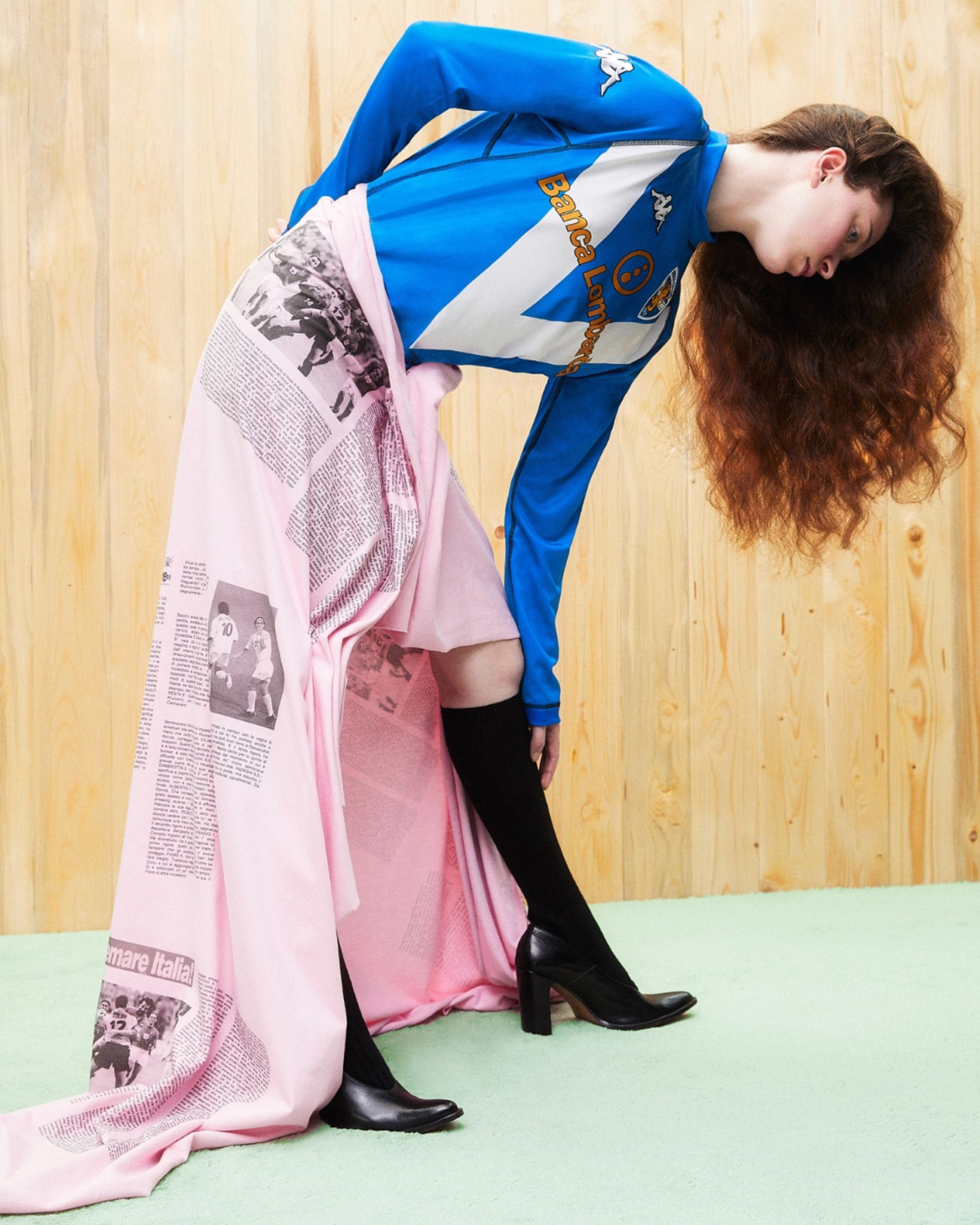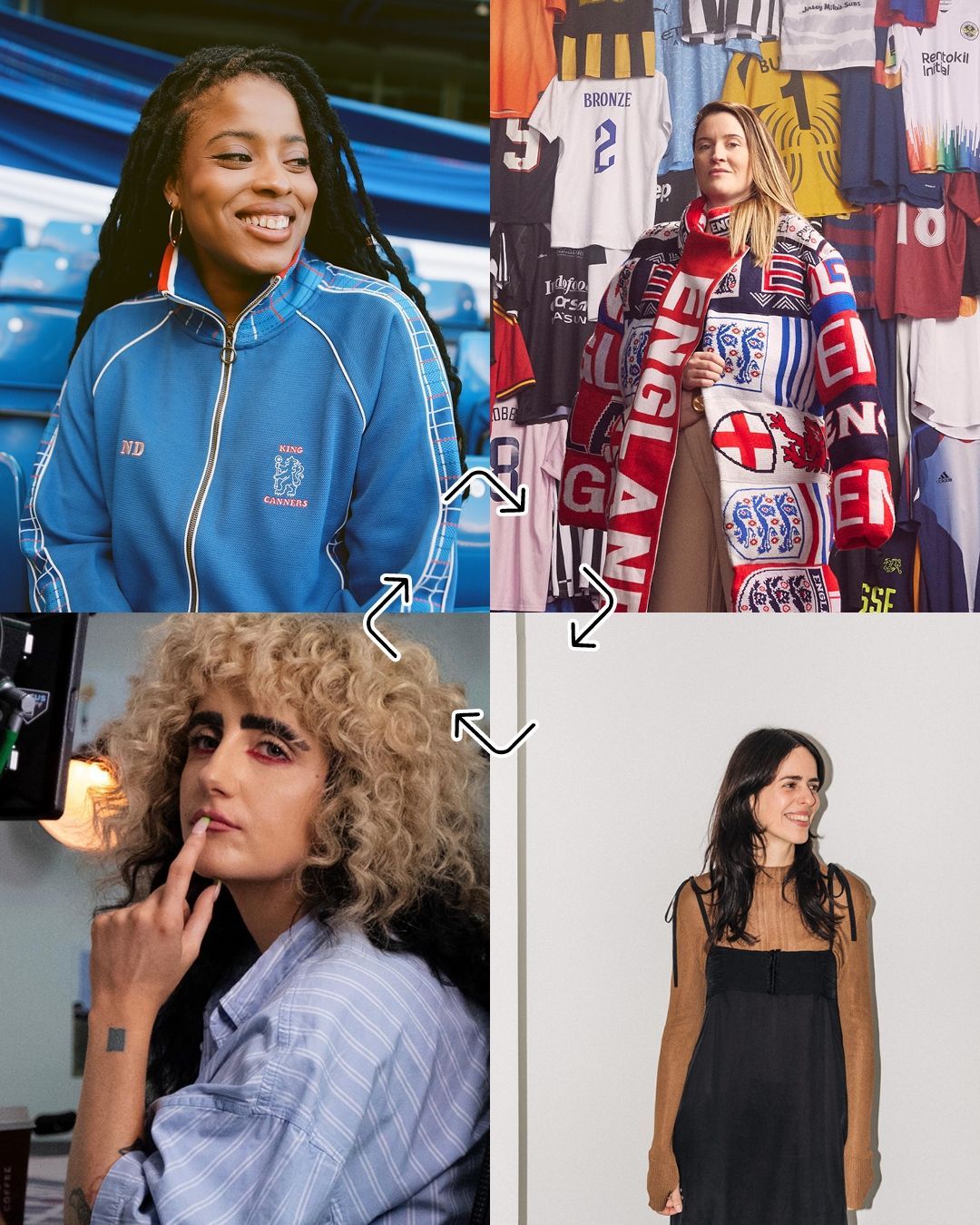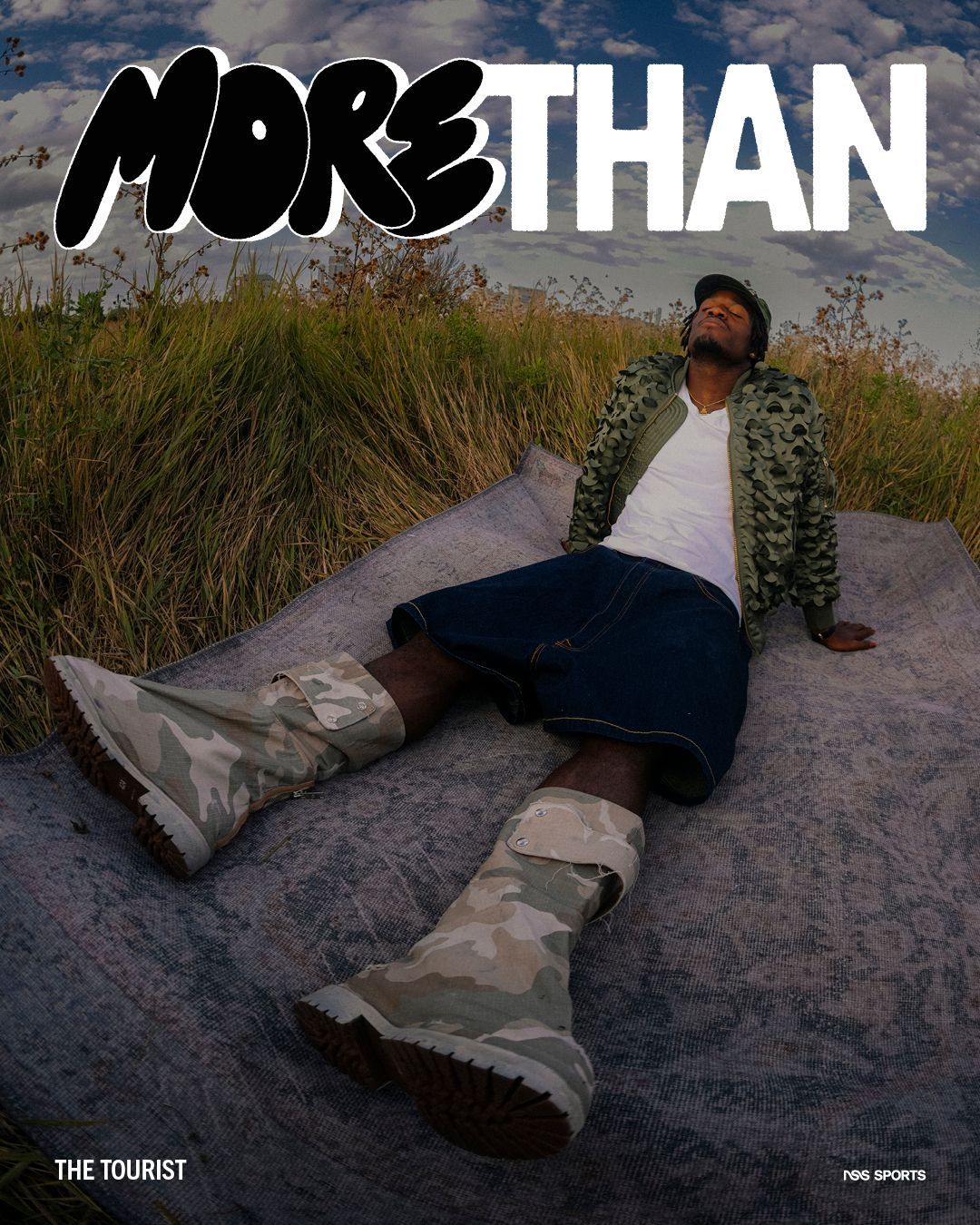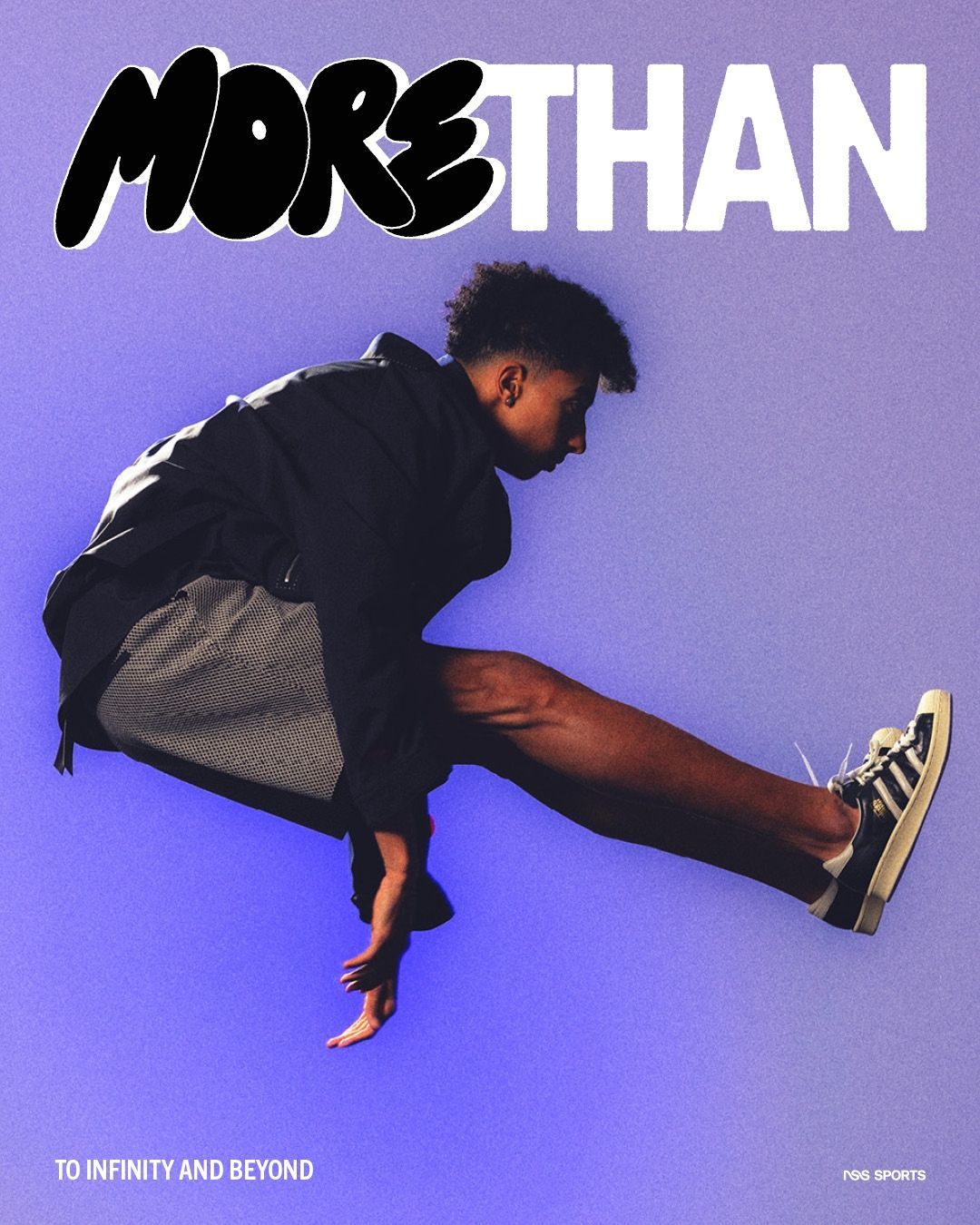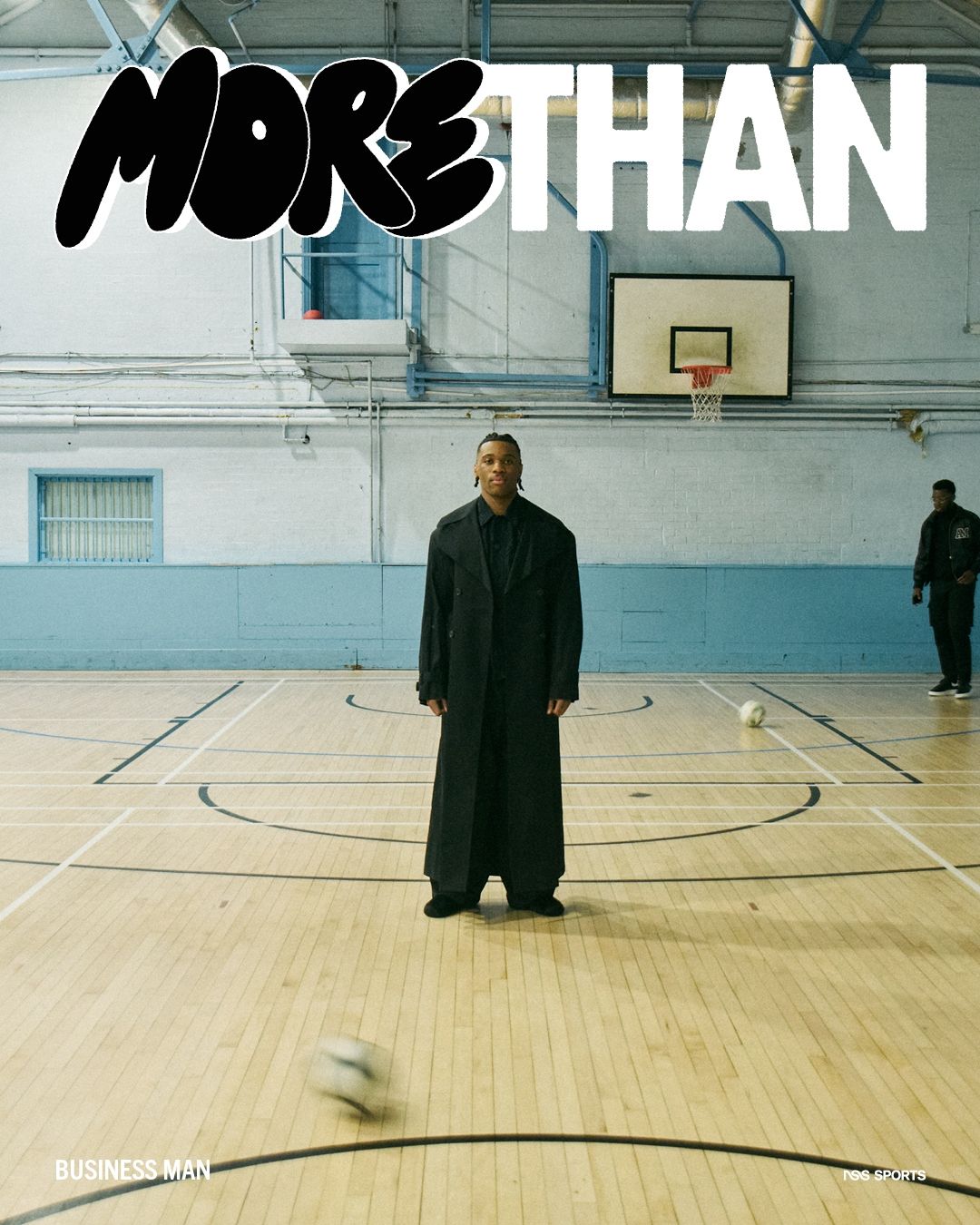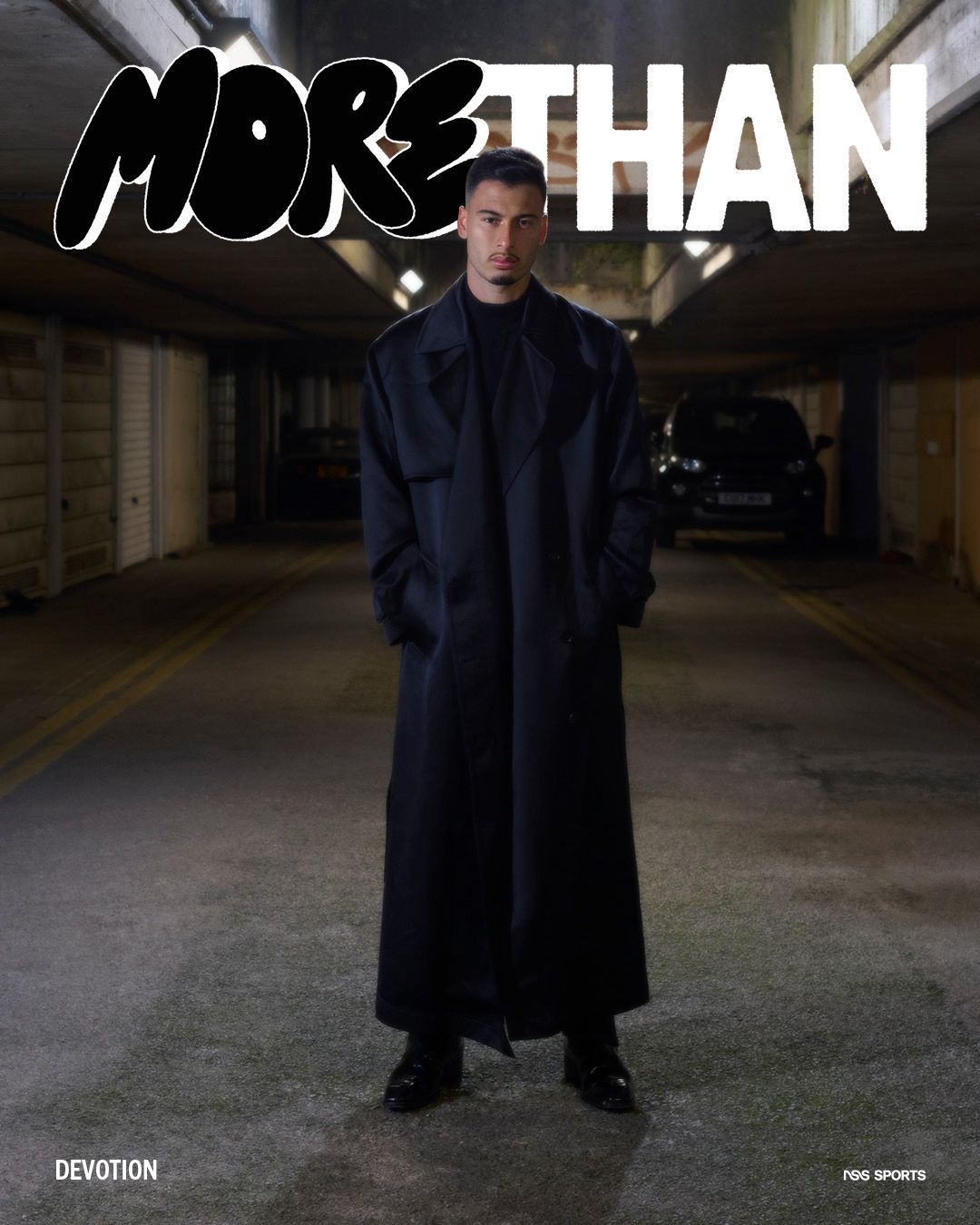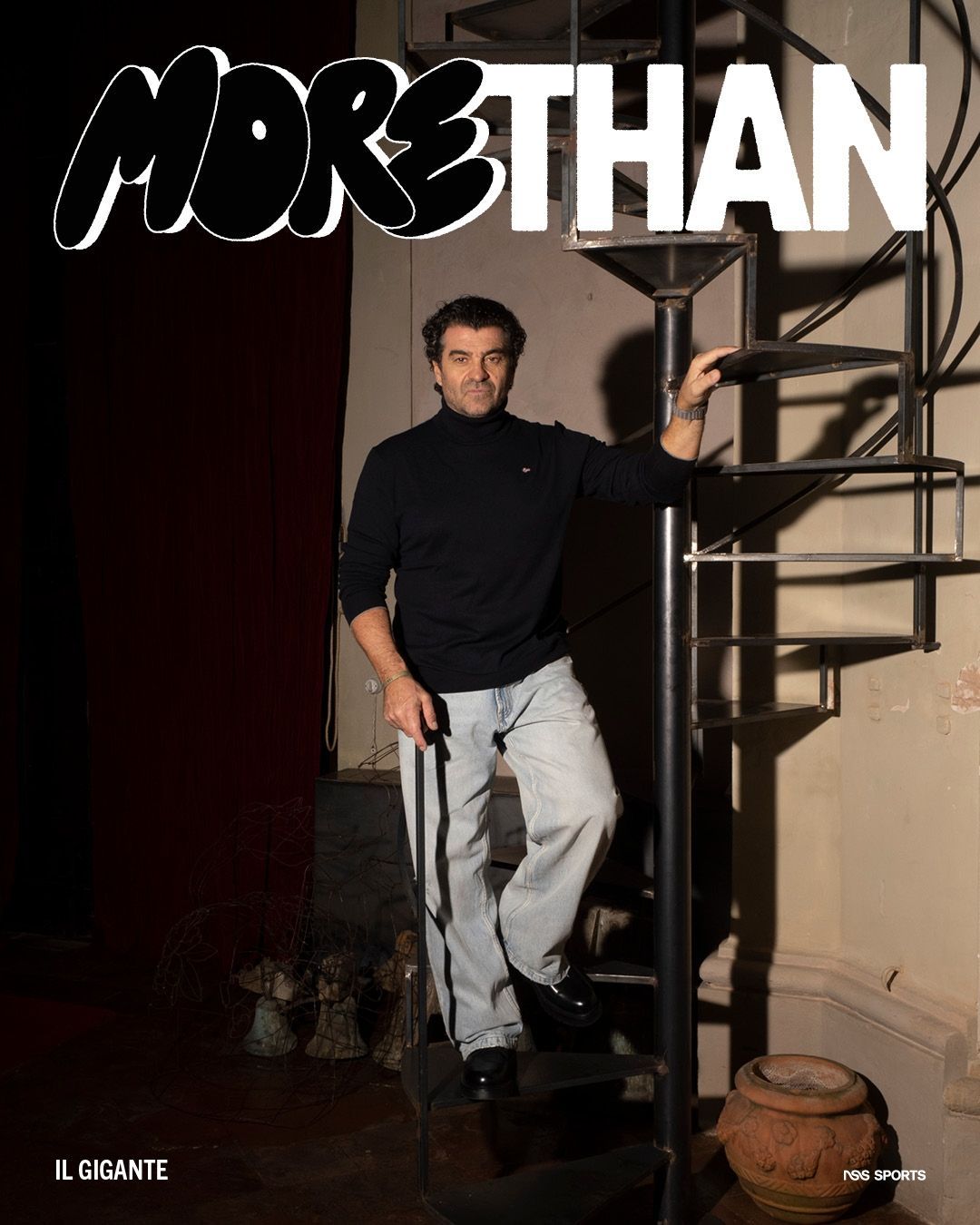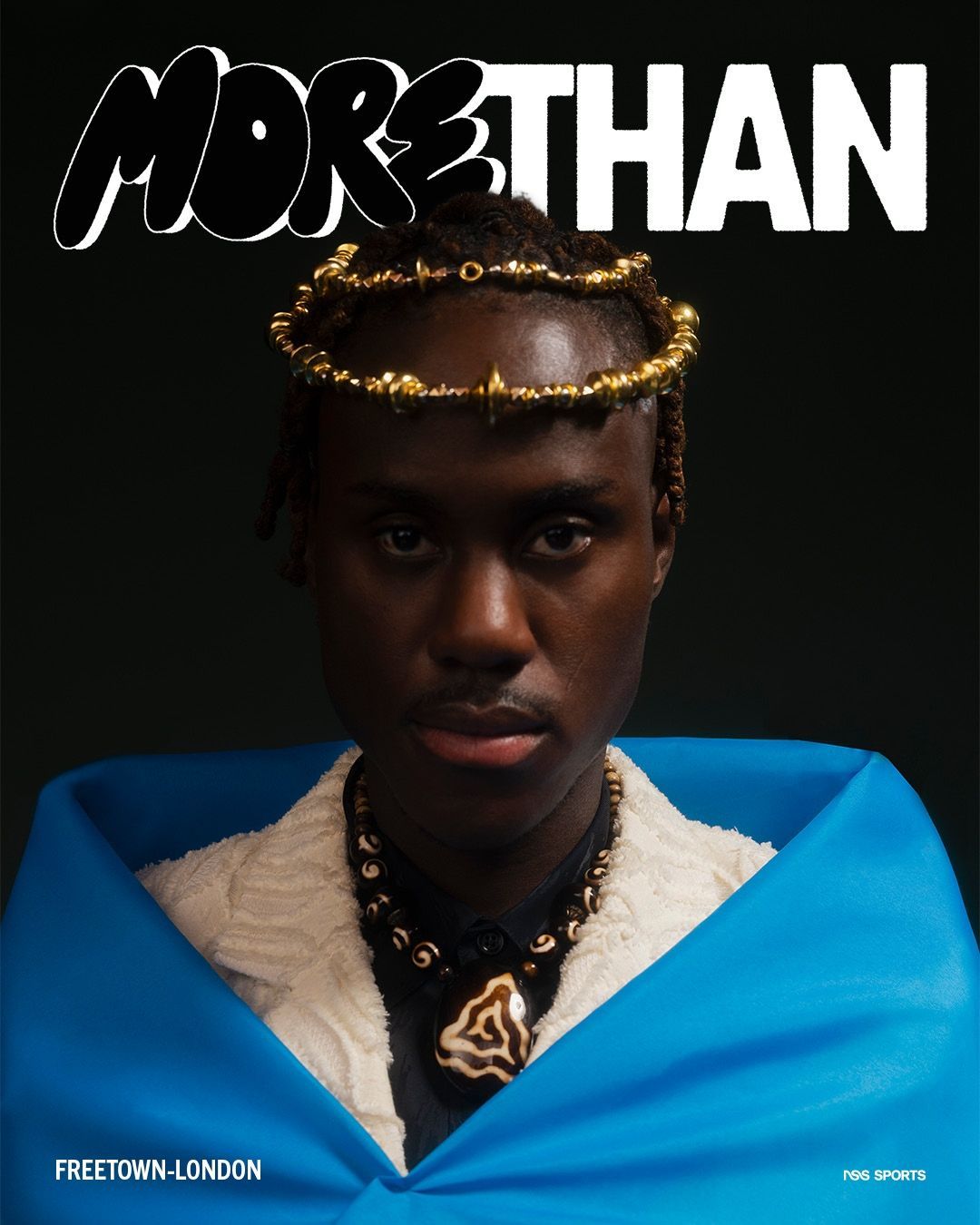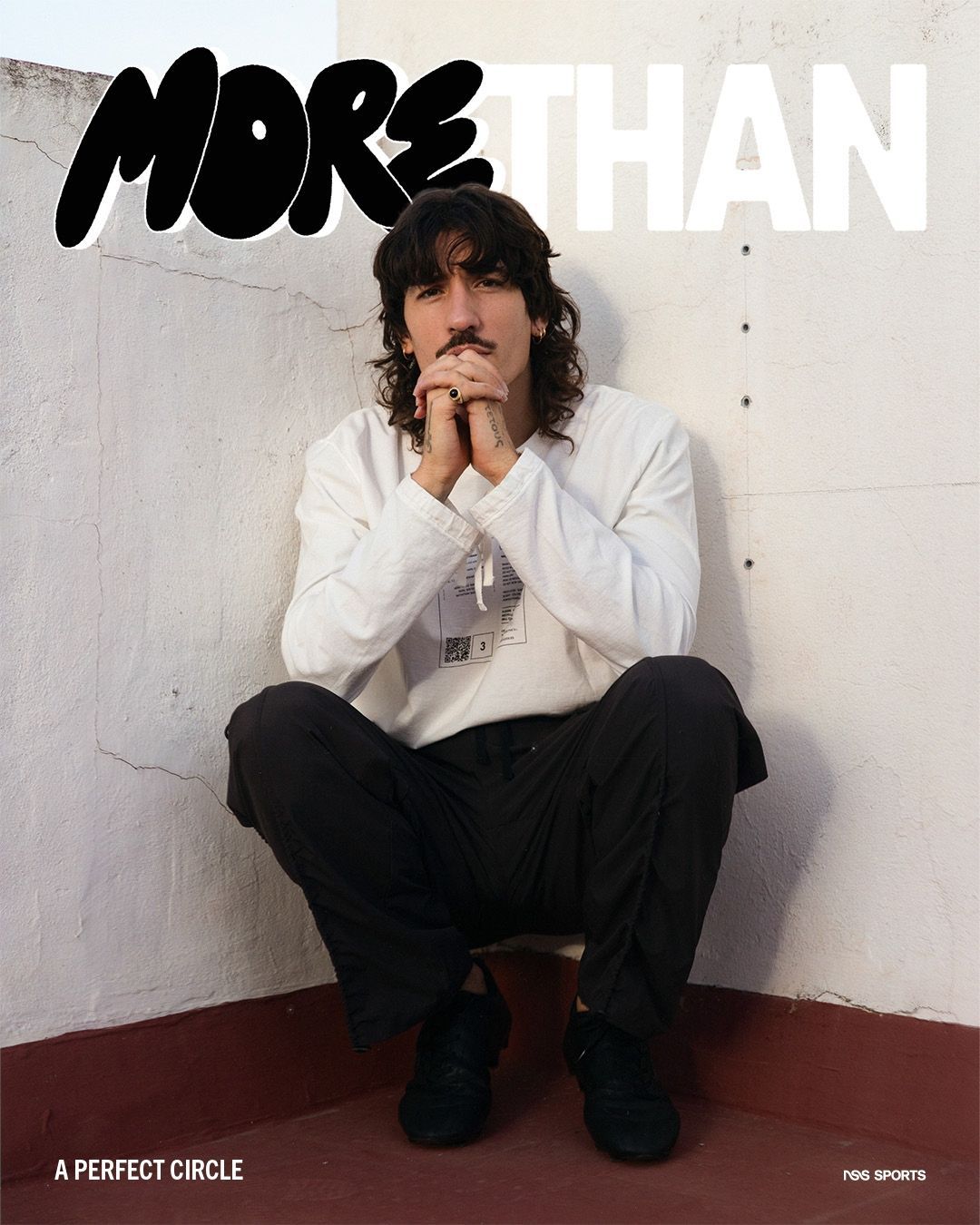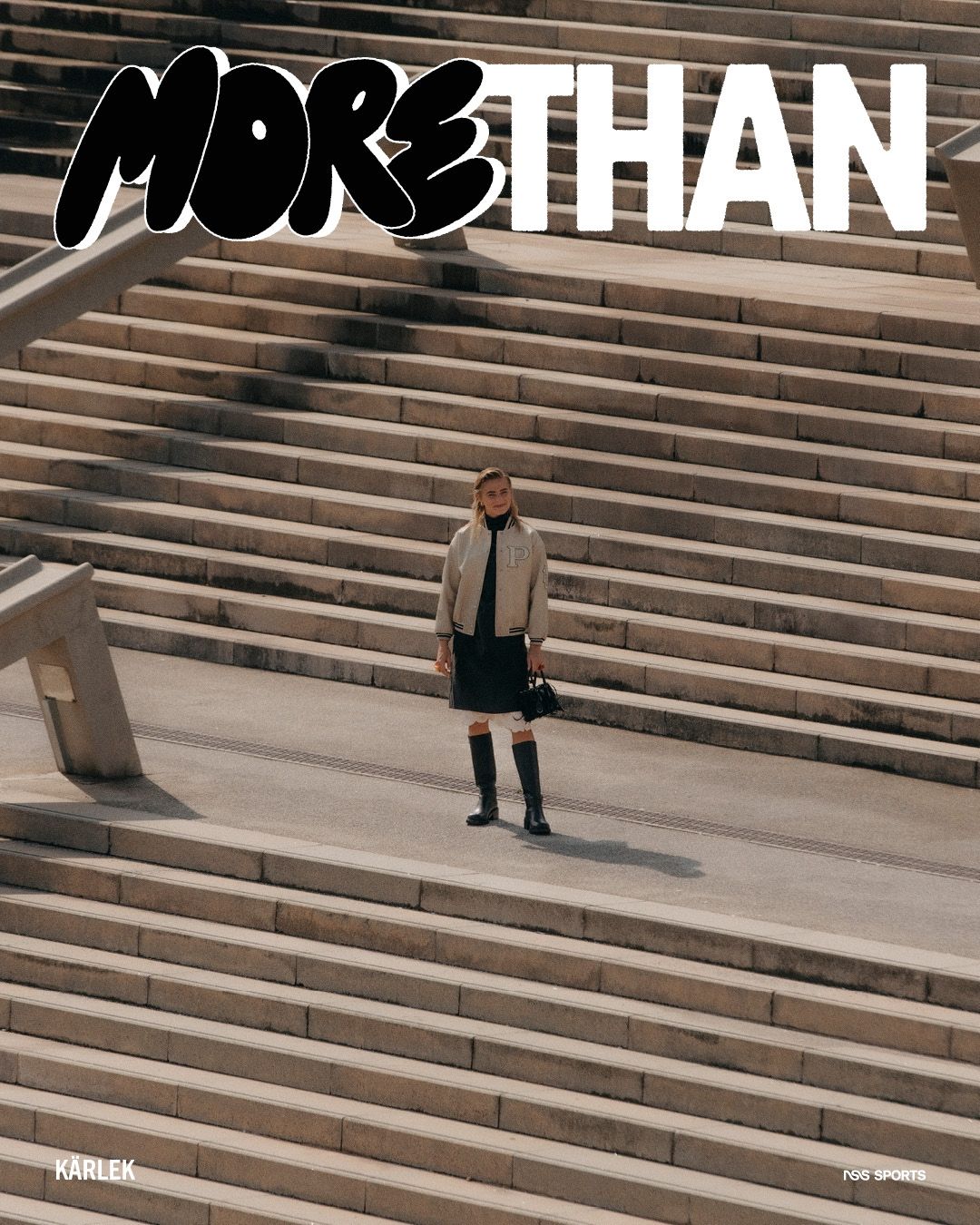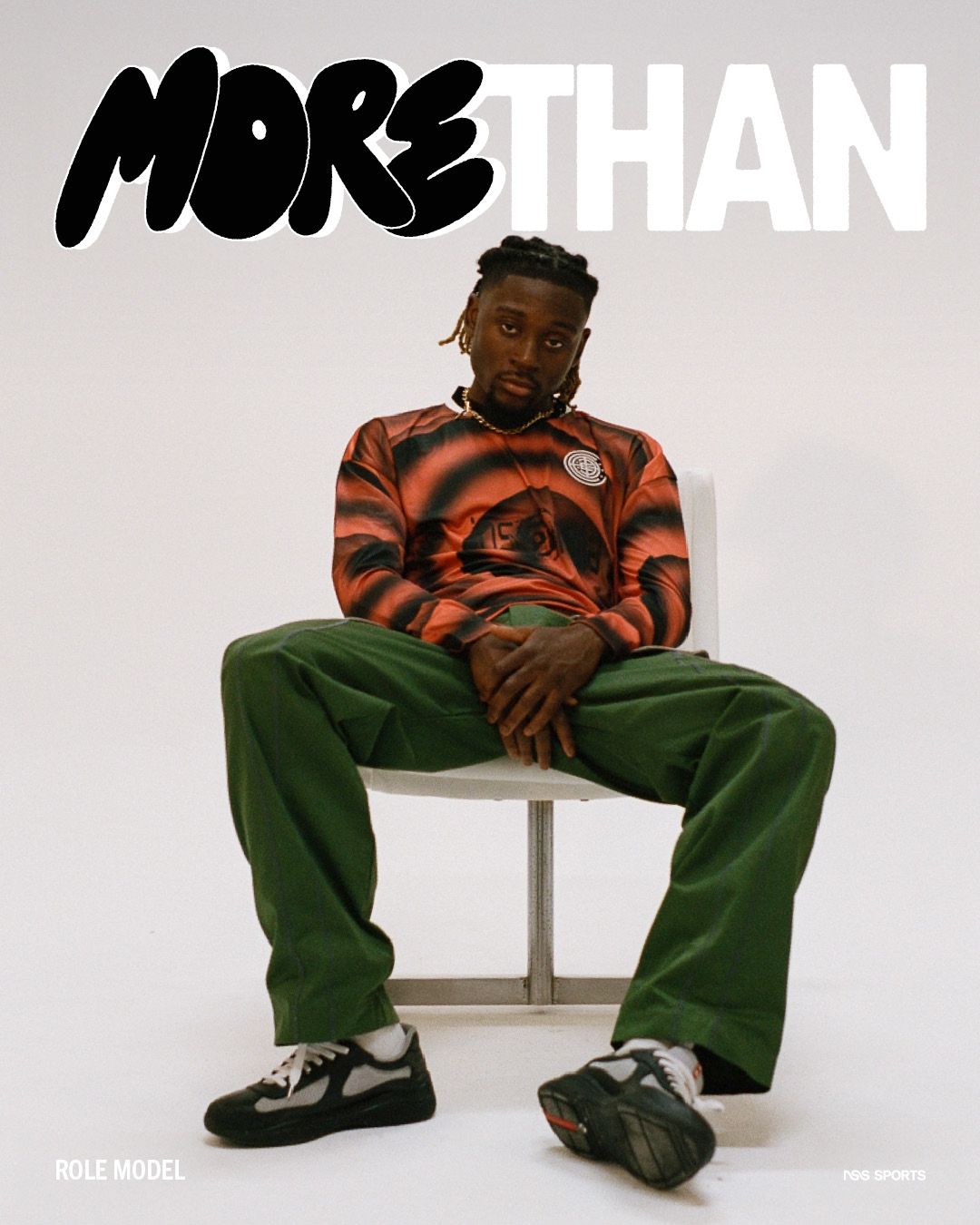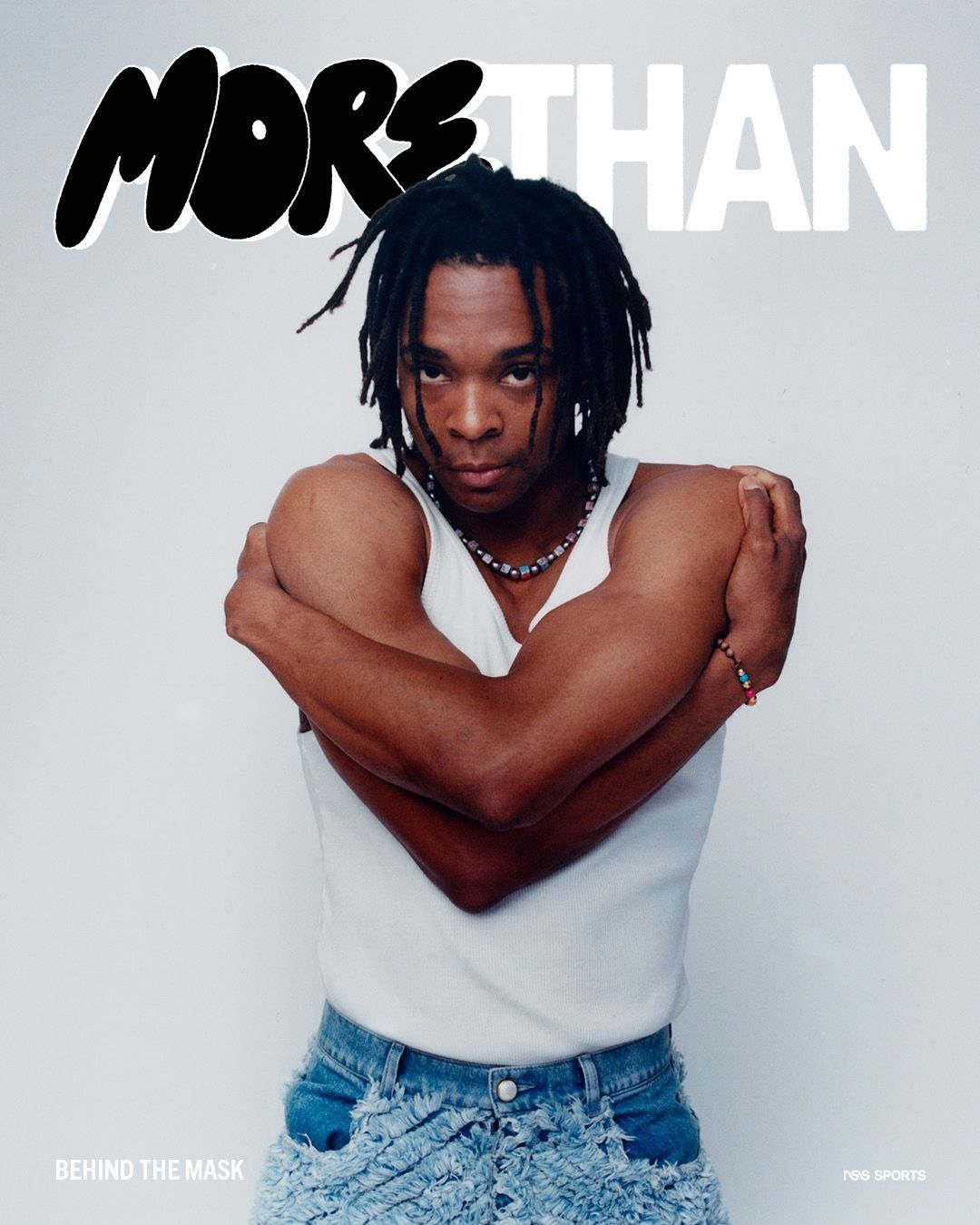
How Macron has become a top world brand The Italian company is now a reality in the world of sportswear, and makes beautiful shirts
How was it possible to pass from a small baseball company to the third most influential brand in European football, right behind Nike and adidas? Macron's secret lays in the work accomplished in the (first) 47 years of its history: since 1971, the year of birth of the Emilia-based firm, to 2018 the road was short and also very intense, and the satisfactions were enormous. With the motto Work Hard, Play Harder always firmly in mind, today the 100% Made in Italy brand is having its biggest moment of expansion, it has already conquered the world of football with style and is trying to move into new adventures with such speed that it is impossible to predict what the next steps might be. Until a few years ago, in fact, Macron was an absolutely marginal reality in the world of sportswear: now, however, it has grown to have overcome some pillars of international fame such as PUMA, New Balance, and Kappa, ensuring a large slice of actual merchandising and, in parallel, a very high popularity rating.
Yesterday
On the official website of the Bolognese brand there's a timeline that has helped us to retrace the stages of their ascent: the first big step was undoubtedly that related to the transition from the world of simple distribution to that of production: but at the beginning the football world was completely distant and Macron's activity was about baseball, but also basketball and volleyball. Coming quickly to the present, the three major turning points of the Italian brand were certainly those that took place during the first decade of the new millennium: the first sponsorship agreement with Bologna in 2001; the arrival of the current CEO, Gianluca Pavanello, in 2004; the deal with Napoli, in 2009. Thanks to the relationship with the local team, Bologna, which is still going on after 17 years (nobody in Europe has such a long-term contract, except Bayern Munich with adidas and Inter and Barcelona with Nike), pursuing the idea of partnership as a synonym for loyalty; the engagement with the new young manager (he was just 34 years old) allowed a long and responsible planning on the objectives to be reached; the contract with the Neapolitans, on the other hand, let Macron to finally be launched into the medium-high elite of European football. The creation of the camouflage shirt and the denim one, originally so heavily debated, did nothing but increase the popularity of a very ambitious company with clear ideas. The intent of Macron has always been to create beautiful and especially original jerseys, but above all, customized as much as possible according to the style and tradition of the team (no pre-packaged models!), as also confirmed by Pavanello in a recent interview:
'Many choose Macron because we try to develop our collection together with each club, we try to create products related to the team. If you take the 25 football teams, there is nobody that has the same shirt as the other. This approach is for the sweaters and for the rest of the collection. The products are therefore designed for that specific club in that specific moment. Many clubs in the first year with us improve sales significantly, thanks to this policy. Usually the fans perceive this policy and support it, the fans if there is a better offer, buy more'.
A speech like this is immediately connected to the relationship with Lazio: the recent kits of the biancocelesti (think about of the 'flag jersey' inspired by a model already seen in the '80s but also the total black uniform worn only in the European League) were objectively clamorous successes, both in terms of sales and feedback received from fans and others. Obviously, as in every winning ride, it also needs a bit of luck: the rise of Prime Minister Macron, paradoxically, was one of the factors of the great boom of the Emilian brand in France, which has exploited the trail launched by the political candidate. As stated by the sales manager Giovanni Maruzzi, this parallelism has contributed quite a bit to inflating the already sensational numbers relating to the total affairs on French soil (70% of the revenues of the company comes from abroad). That's why even a top French club could soon 'fall' into the Macron network.
Today
In a short time Macron has left behind the appellative of outsider becoming a solid reality, managing to get in touch with very noble European football clubs and even with National teams, first of all with Albania. Meanwhile, the brand also appears in the world of rugby, sponsoring the Scottish National League and then the Italian one. The expansion of Macron in recent years has been really unstoppable: after having dressed AS Monaco and its Sporting Club, to make two names of teams that used to play regularly in the European cups, last year the Italian brand was able to sign a prestigious agreement with UEFA that allowed them to dress as a whole in a series of minor major teams like Lichtenstein, Belarus, Andorra, Armenia, Cyprus, Far Oer, Luxembourg and San Marino: these 8 small Nationals teams will be linked to Macron at least until 2022 according to the TEP (Top Executive Program) Kit Assistance Scheme. The whole of 2018 was a succession of new collaboration ideas, starting from the national borders: after having signed agreements with Udinese and SPAL (with Macron this has opened a much deeper speech related to the Paolo Mazza stadium) today the Bologna brand is clearly the most widespread technical sponsor in our league, providing the kits of 5 Serie A teams (after Udinese and SPAL also Bologna, of course, Lazio and Cagliari), 1 of the Serie B (Hellas Verona) and many more in Lega Pro (Vicenza, Ternana, Piacenza, Arezzo, Giana Erminio and Olbia). In addition to the leadership in Italy Macron is also expanding very fast abroad, including top clubs and historical teams: in England (wherein 2014 they managed to get the naming rights of the Bolton stadium) its linked to Stoke, Millwall, and Nottingham Forest; in Spain its worn by Real Sociedad, Levante and Deportivo La Coruna; in France OGC Nice, Lens and Auxerre, in Germany Union Berlin and Munich 1860 (and Hannover soon). And then also two teams that are playing in the Champions League 2018/2019: Red Star Belgrade and Club Brugge. One of the real hits of this summer has been to widen the horizons and move to the conquest of a very interesting market from the deep basin like the Turkish one, where Macron has formalized agreements with Trabzonspor, Istanbul Basaksehir and Altinordu. The expansion has been so massive that the count of the countries in which Macron is present has now been lost: from Italy to Australia passing through Chile, Bosnia and Angola there are more than 25 states 'colonized' and more than 50 clubs under contract. But among the secrets of success, there are also a big group of amateur clubs, a field in which Macron has branched out a lot as well, and on smaller and slightly transversal but potentially very interesting projects such as supporting a non-professional but so fashioned team like Guerrilla F.C..
Not only football
Macron has not forgotten its origins at all, remaining focused on the sports it once was specialized in basketball, for example, for which the Italian brand has managed to make important agreements with prestigious teams such as Virtus Bologna and Mens Sana Siena. Obviously, it was essential to develop the best to go beyond the Italian borders: today Macron dresses one of the surprises of the latest editions of Euroleague as the German side of Brose Bamberg. Among the swimming, handball and 5-a-side football, one of their greatest specialty remains rugby, because the Emilian company continues to dress, in addition to the national teams of Italy, Scotland, Germany and Portugal, even top teams like Scarlets, Edinburgh, Glasgow Warriors, Cardiff Blues and Biarritz.
Macron has announced an important new agreement, becoming the kit provider for the @CPLsoccer , the championship in Canada beginning in March 2019. With this long-term deal, Macron will design the inaugural CPL bespoke player kits for all the teams participating in the league. pic.twitter.com/1MEdVeWbAC
— Macron (@MacronSports) 28 settembre 2018
Tomorrow
The future objectives of Macron are moving on various and different directions: on the one hand there are the hopes of breaking through for the first time a 100 million euro annual revenue, that one more than hopes isn't just a mathematical estimate, but more their will to maintain a role at the highest level in the European landscape, and who knows, even in the international one. Then there are also other major changes in view, for example, the new headquarters: a structure of over 20'000 square meters that will be built in Valsamoggia and, as announced in a statement last March, should be ready in 2020 and will be designed by Lenzi's study of Bologna, and will, in fact, become the real home of the Italian company. Also destined to grow is the number of stores spread throughout the world: now there are already more than 130, the last of which were opened at the Dacia Arena in Udine and at the Guglielmo Marconi airport in Bologna. The latest news dating back a few days ago concerns the sponsorship agreement of the entire Canadian football league, which will start in March 2019.

